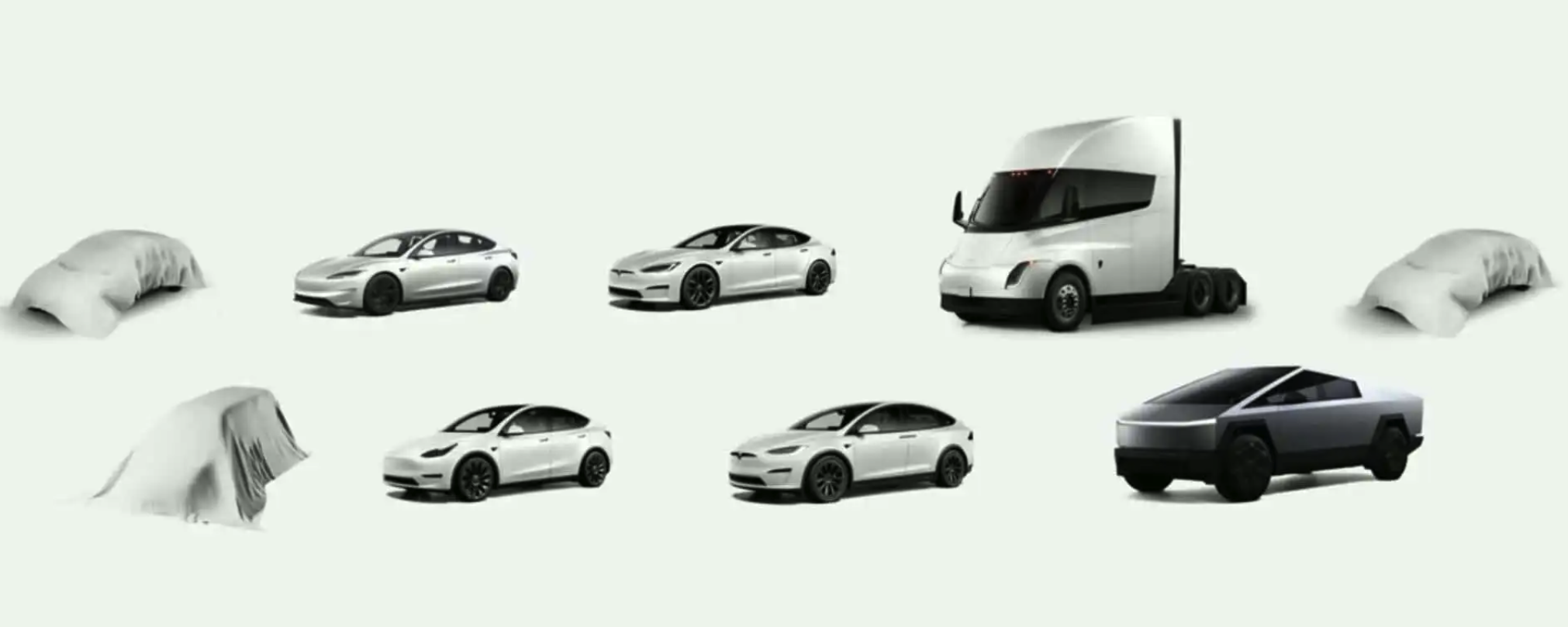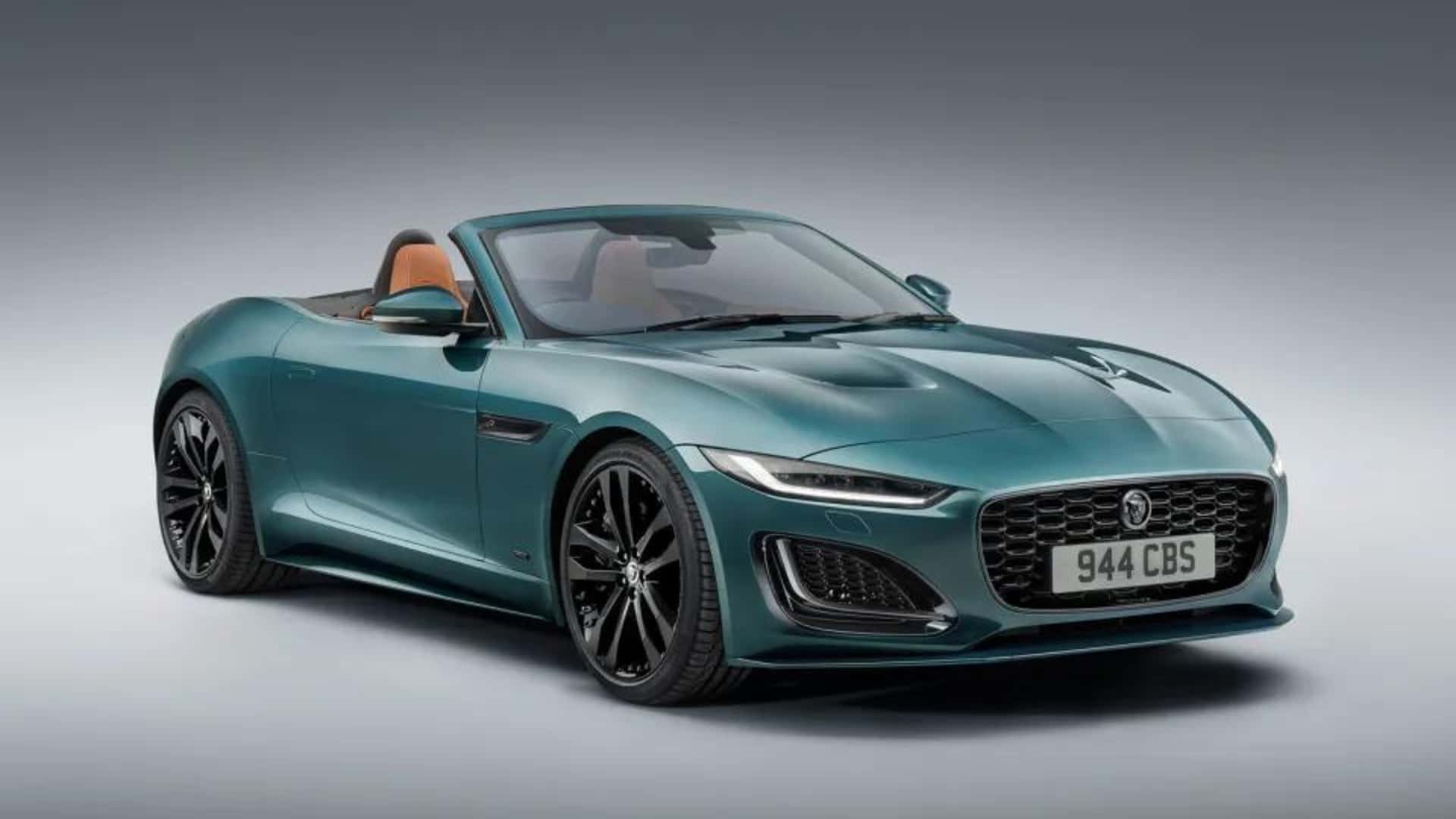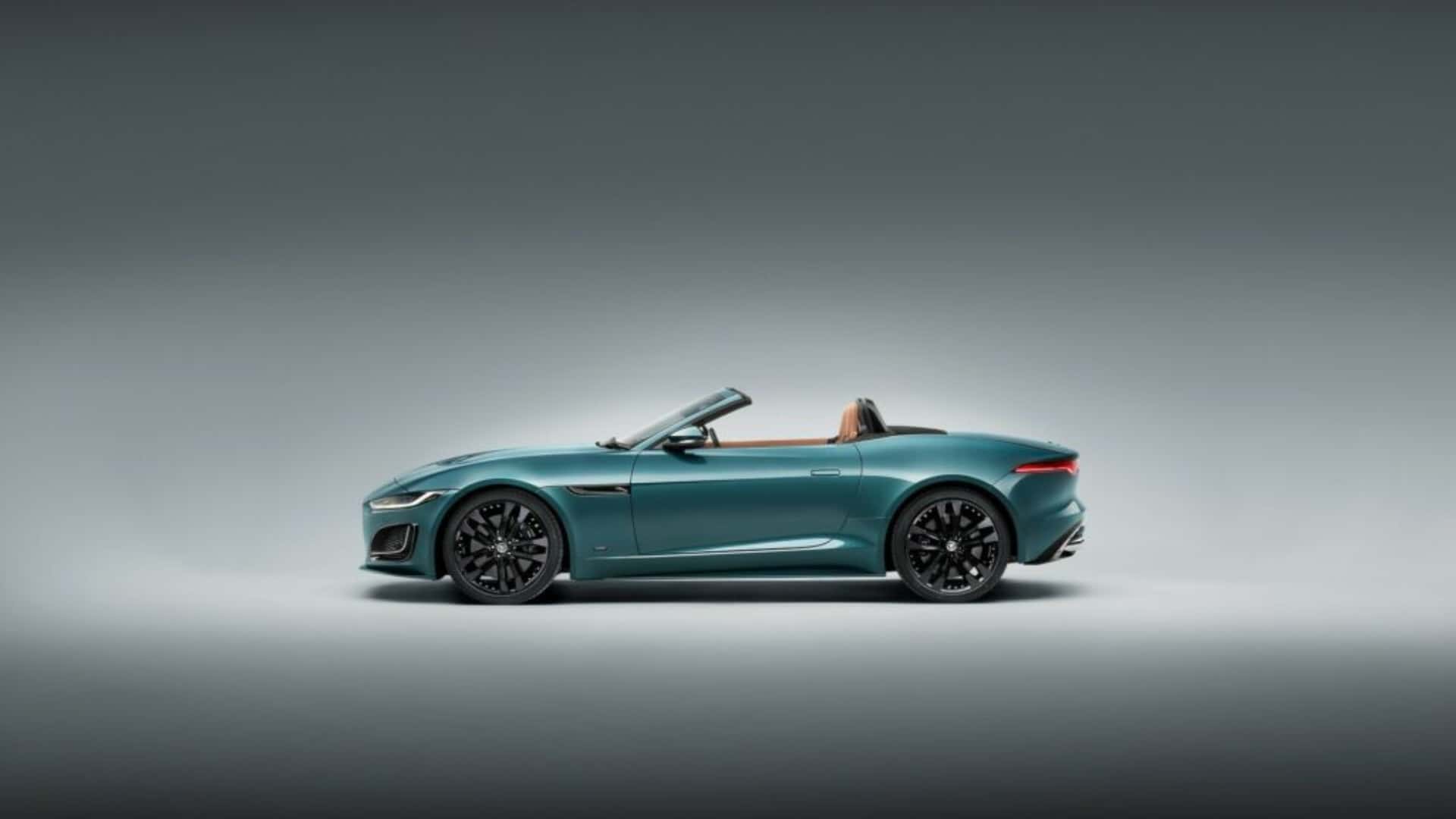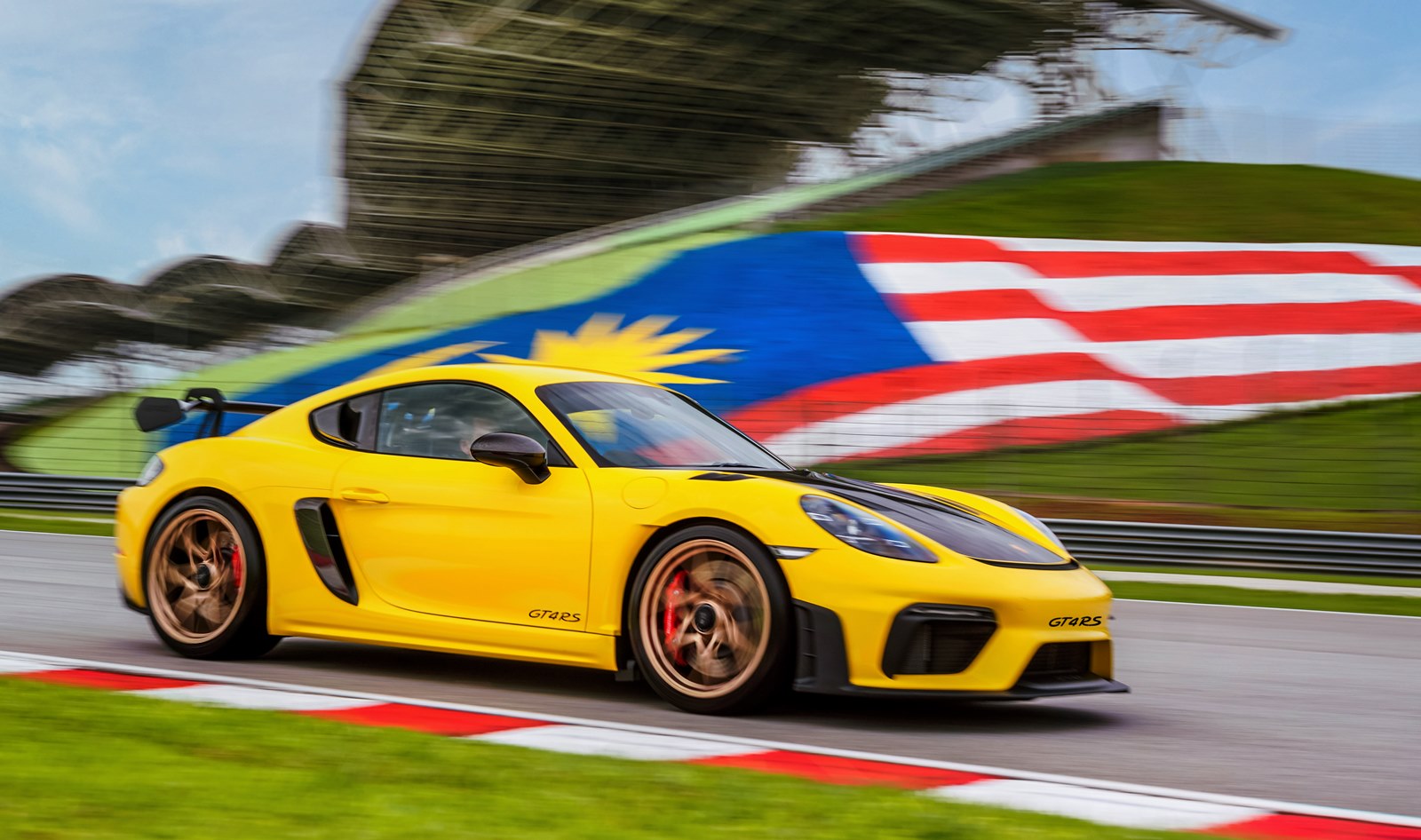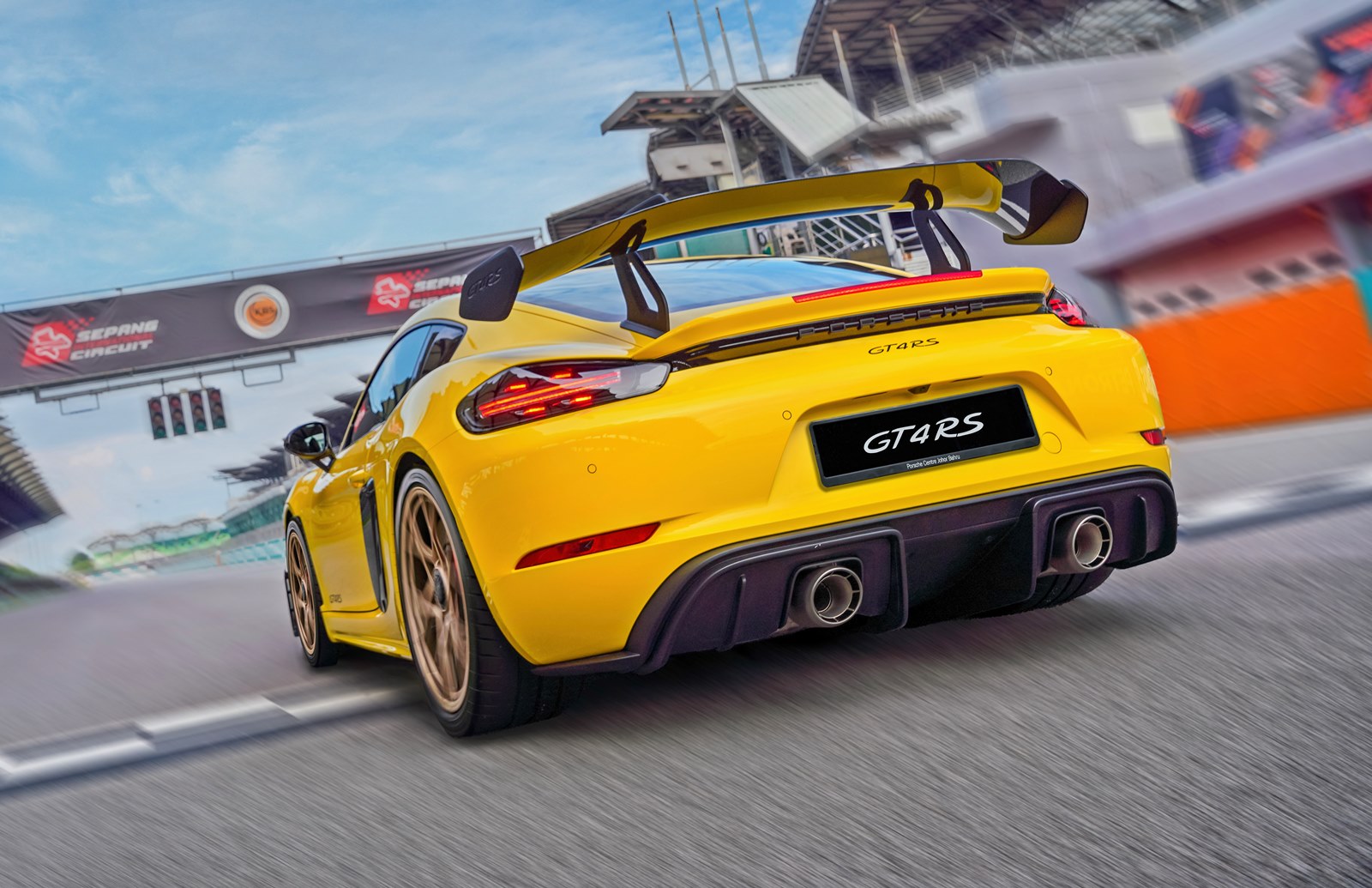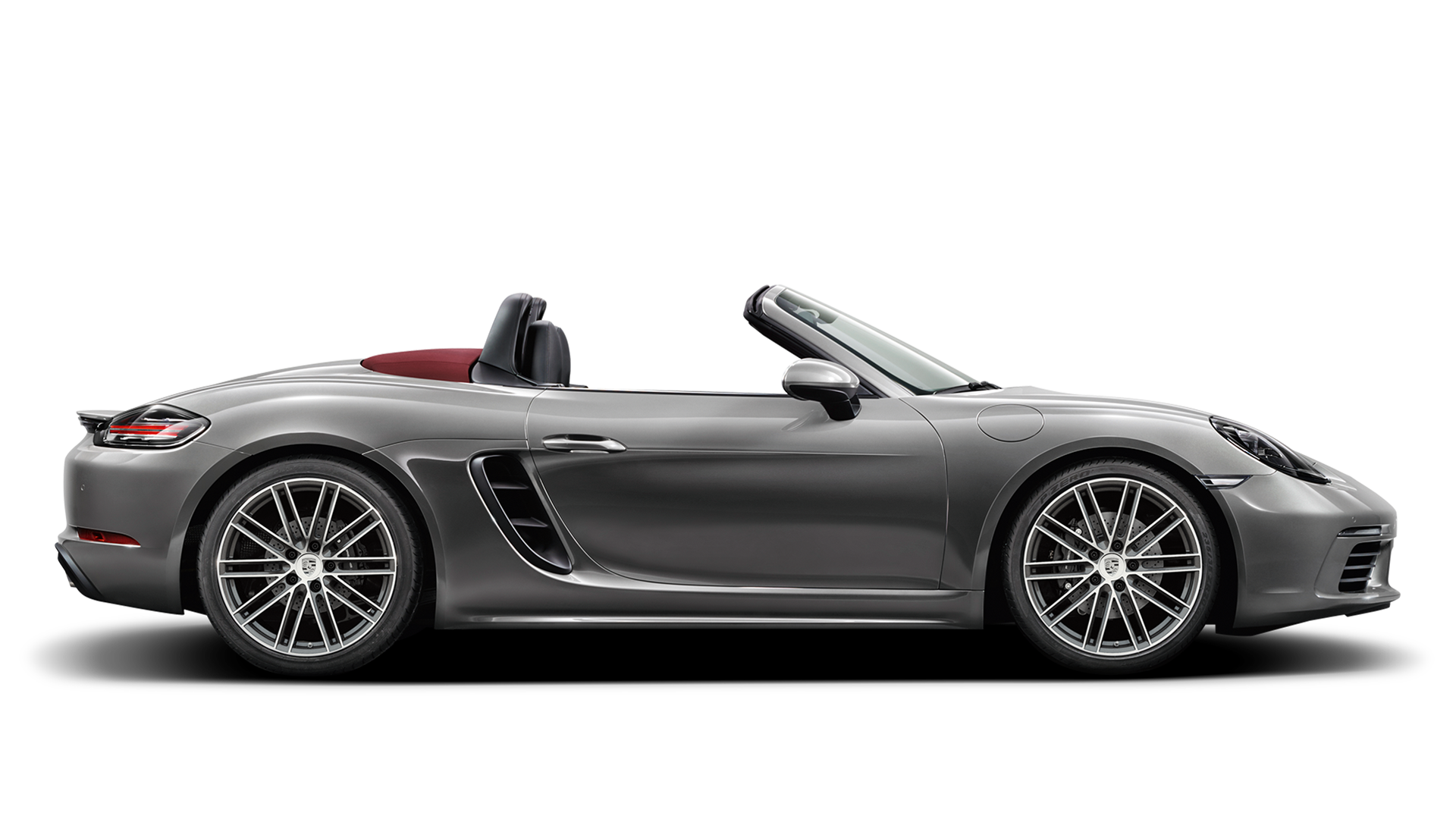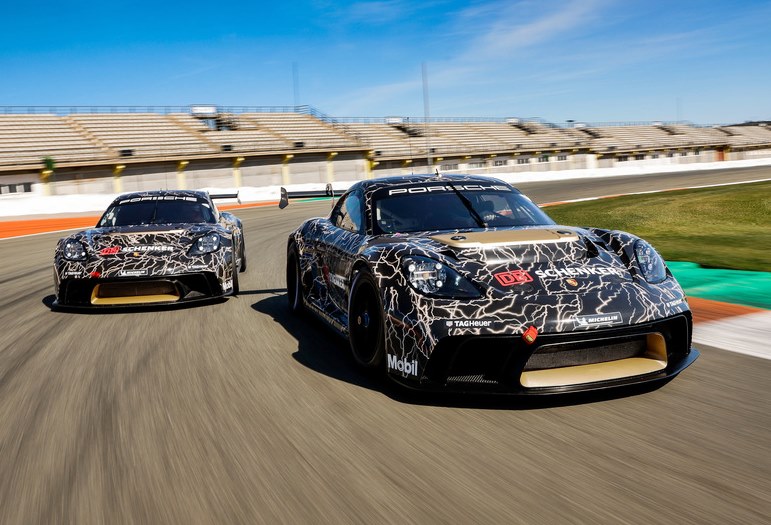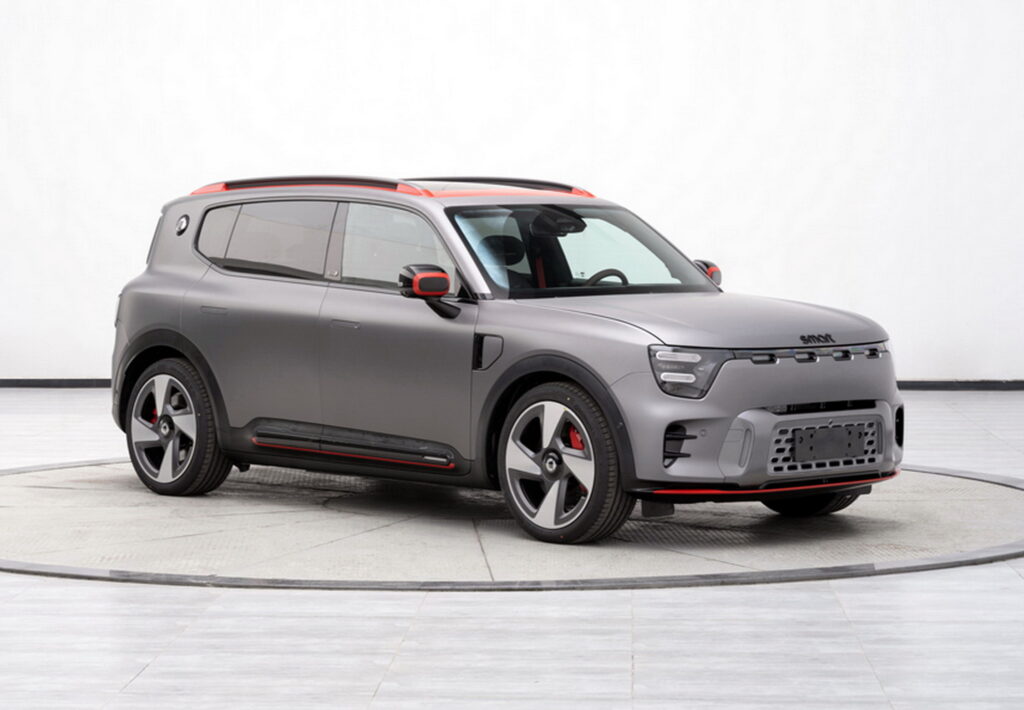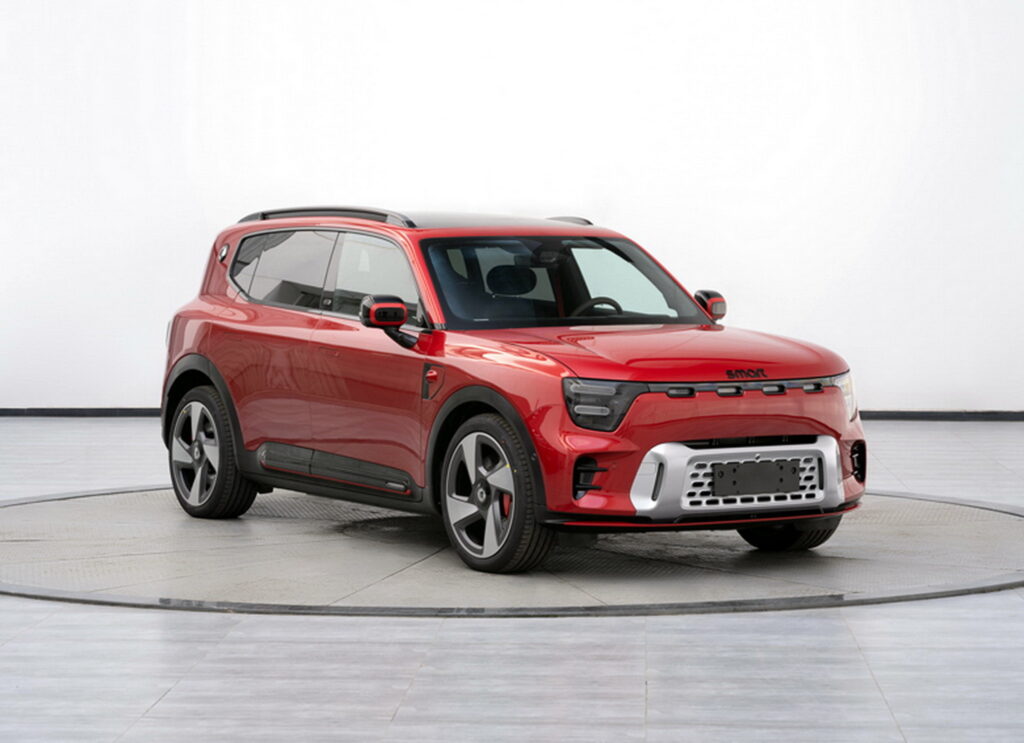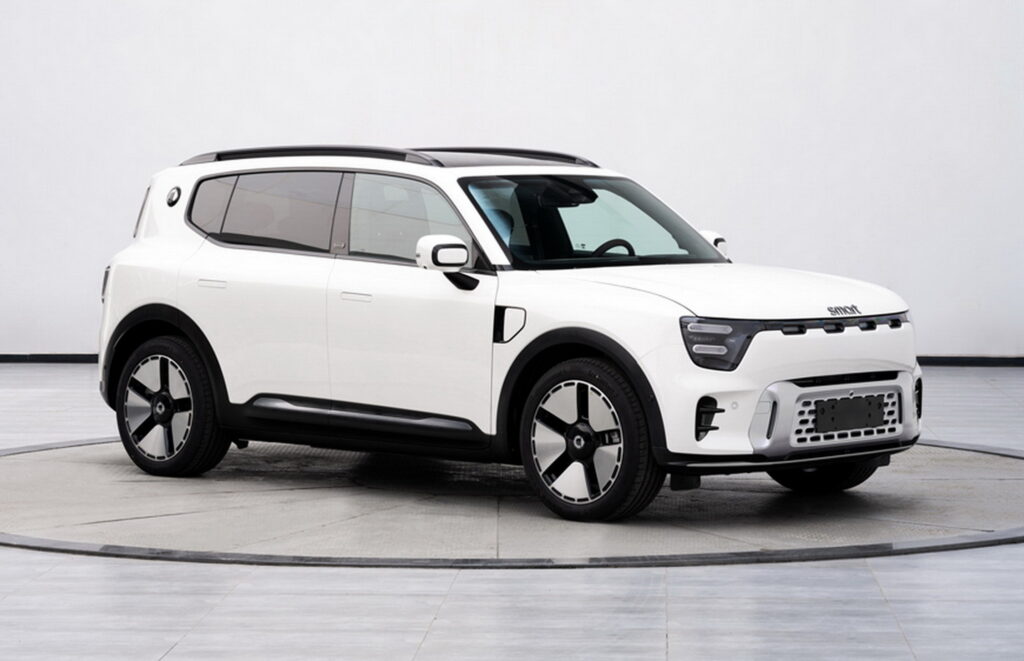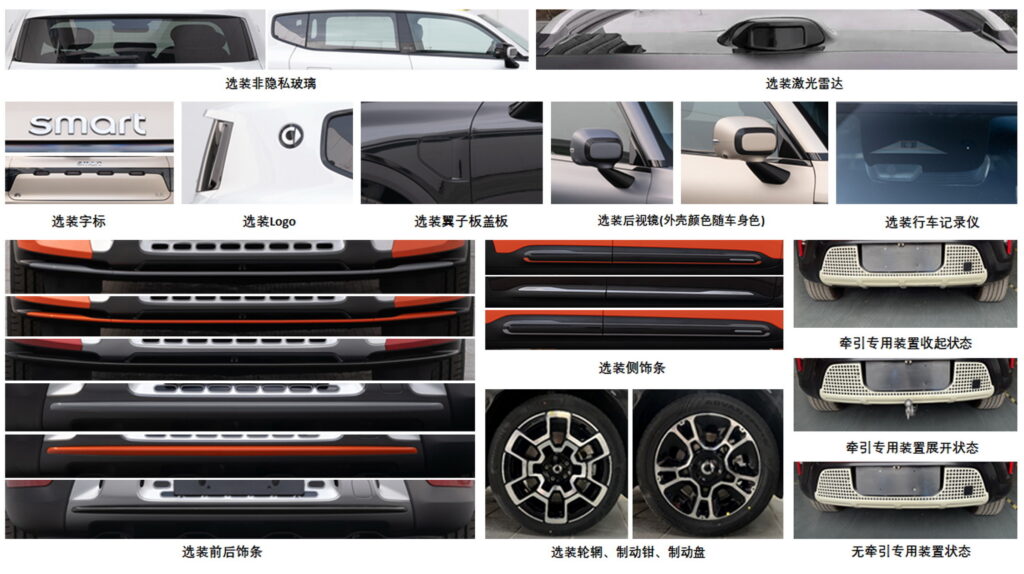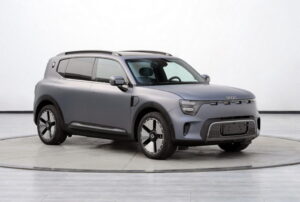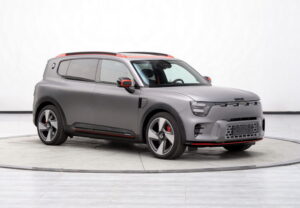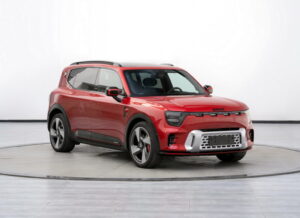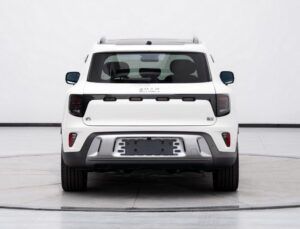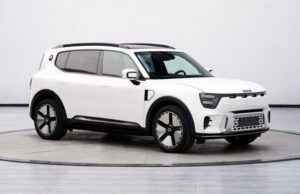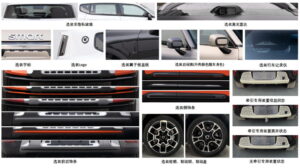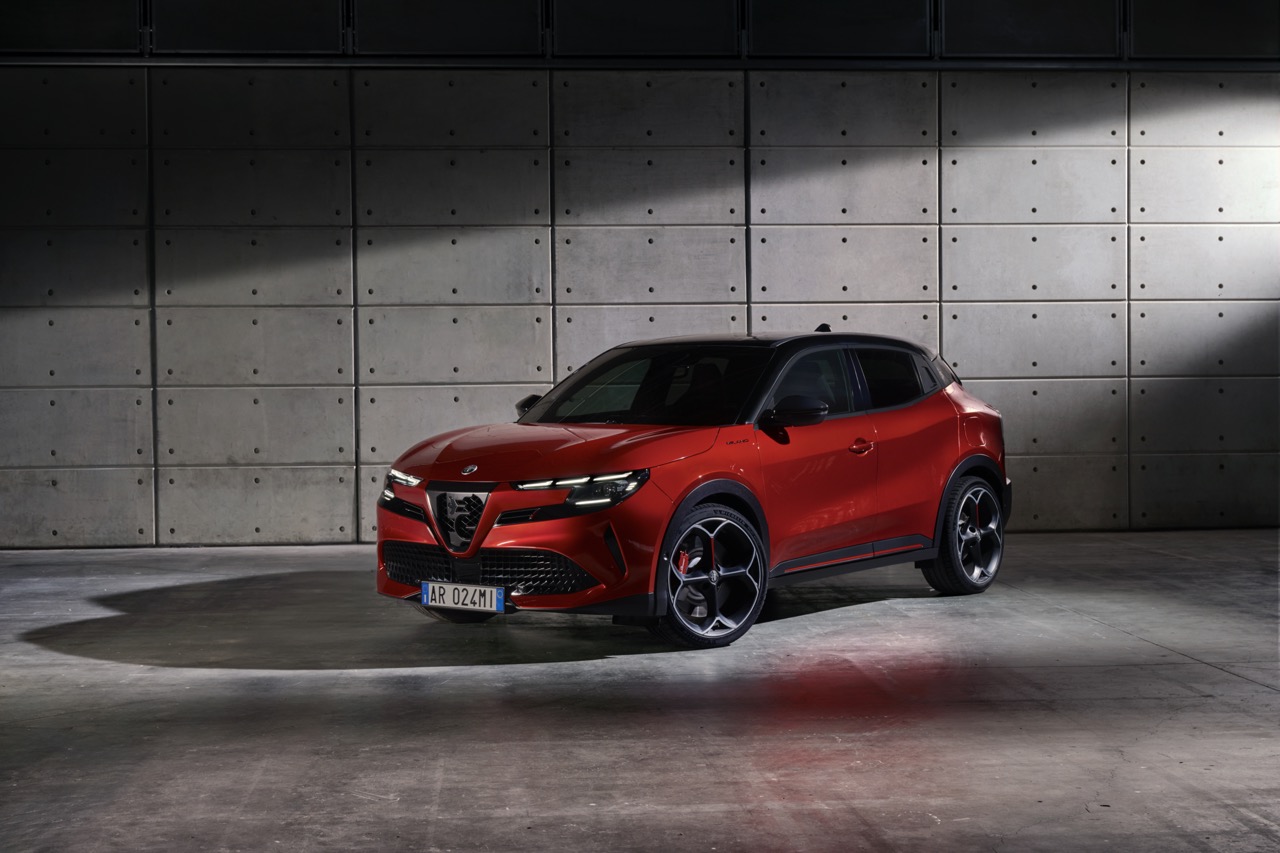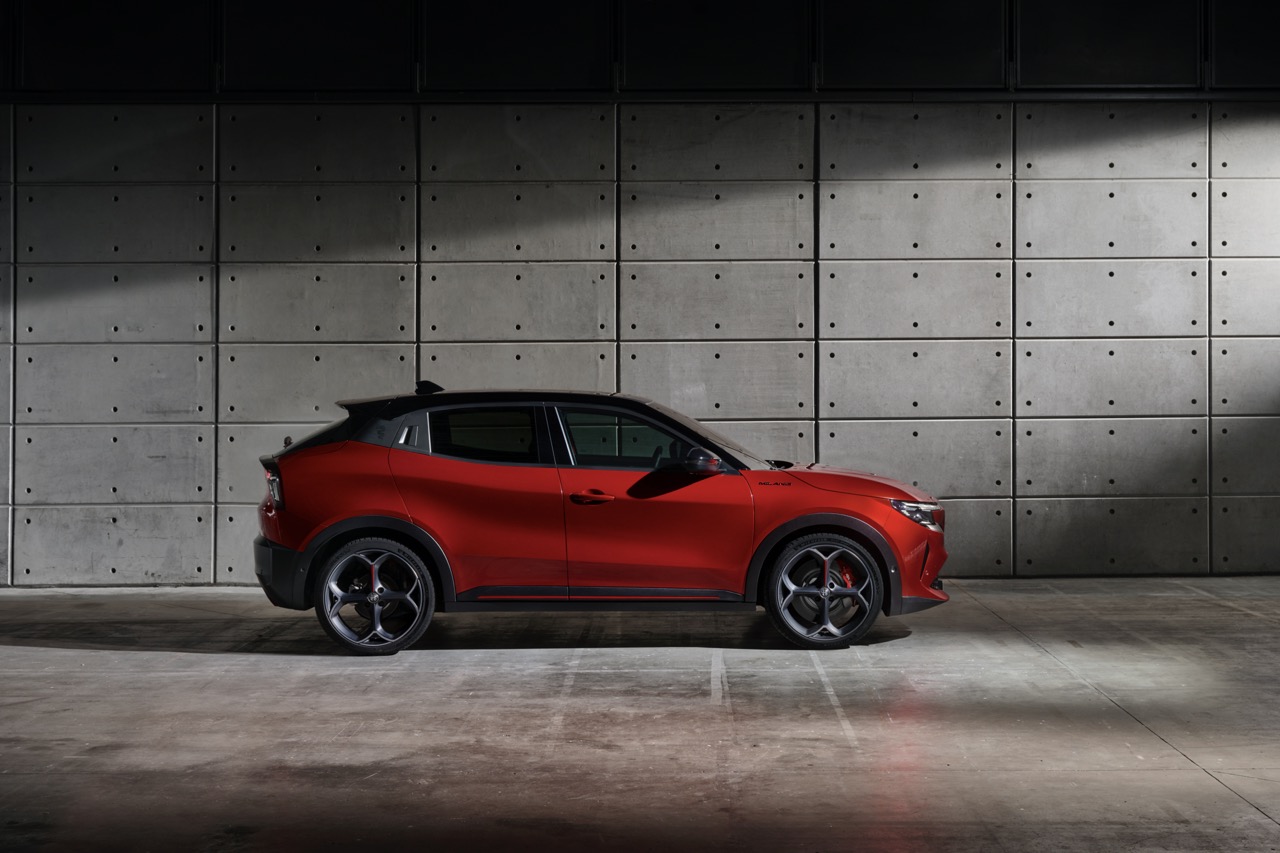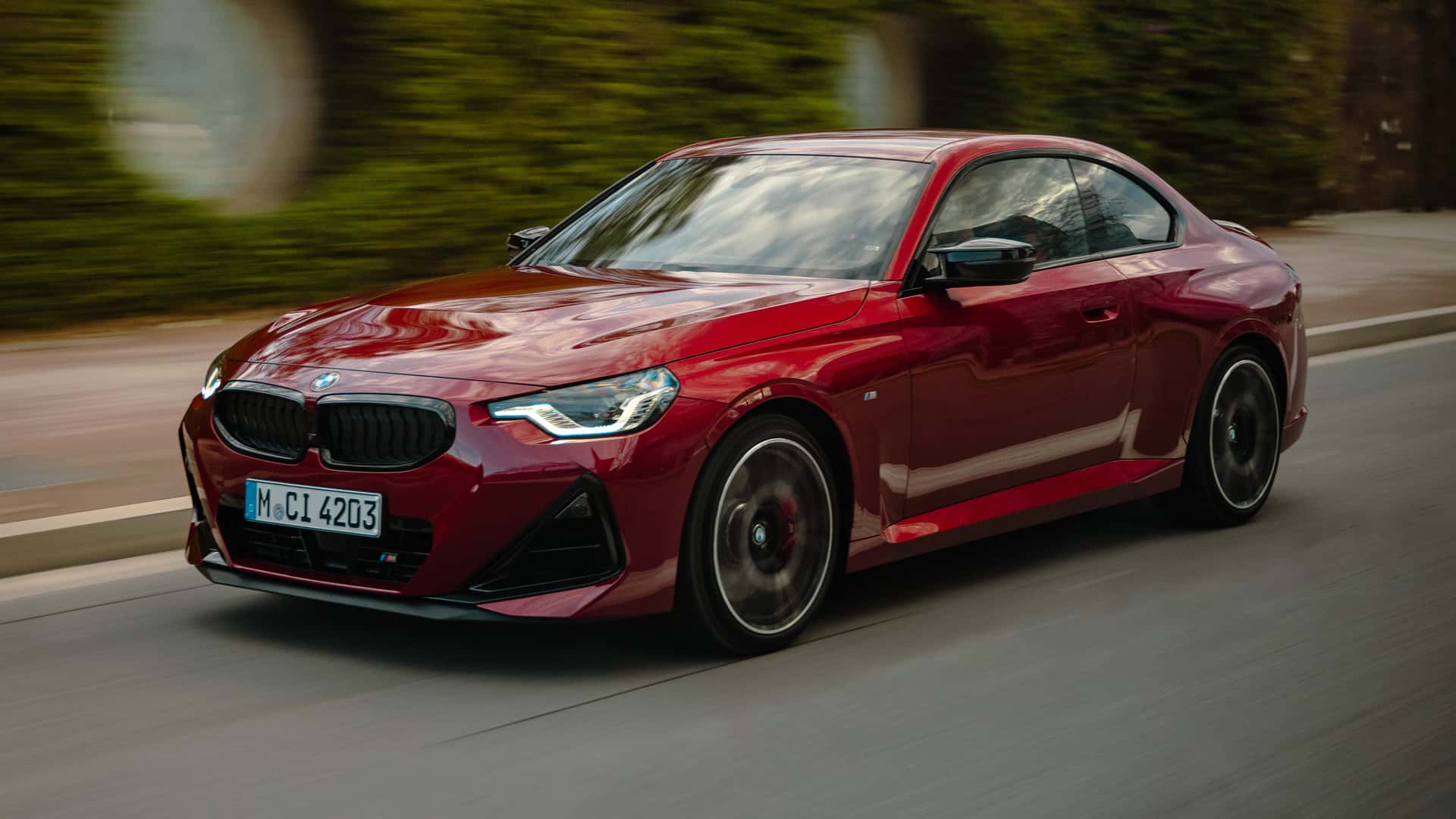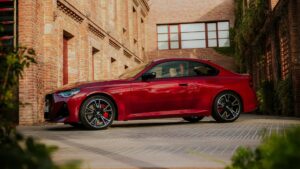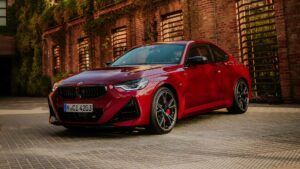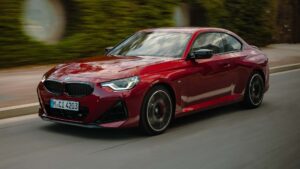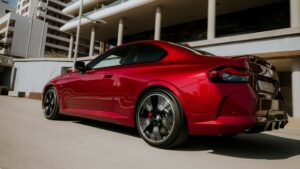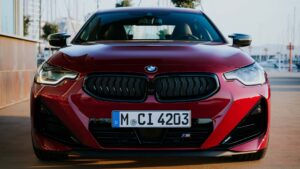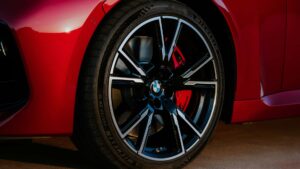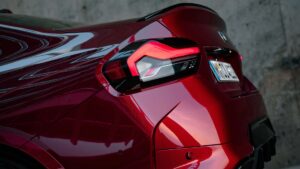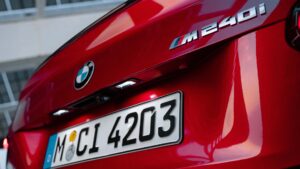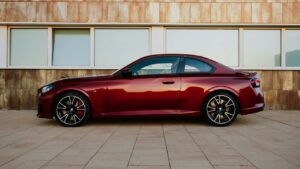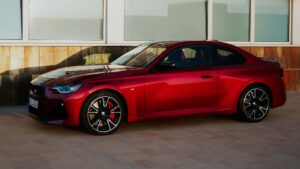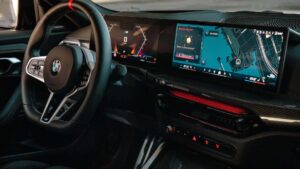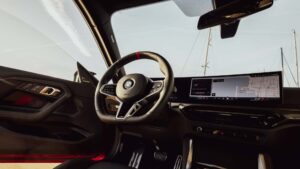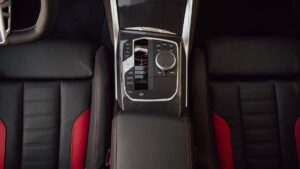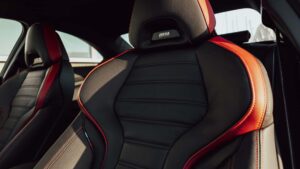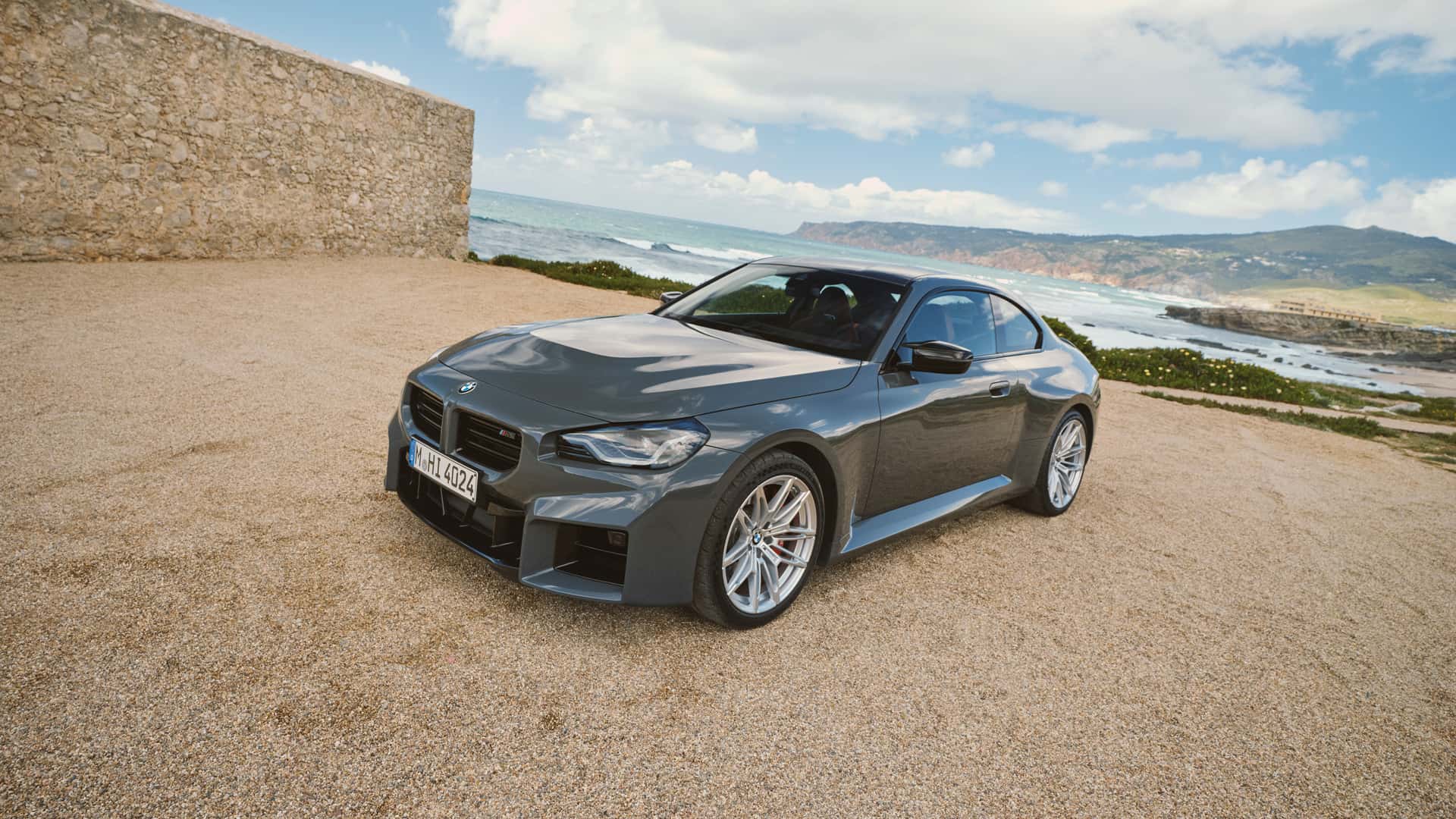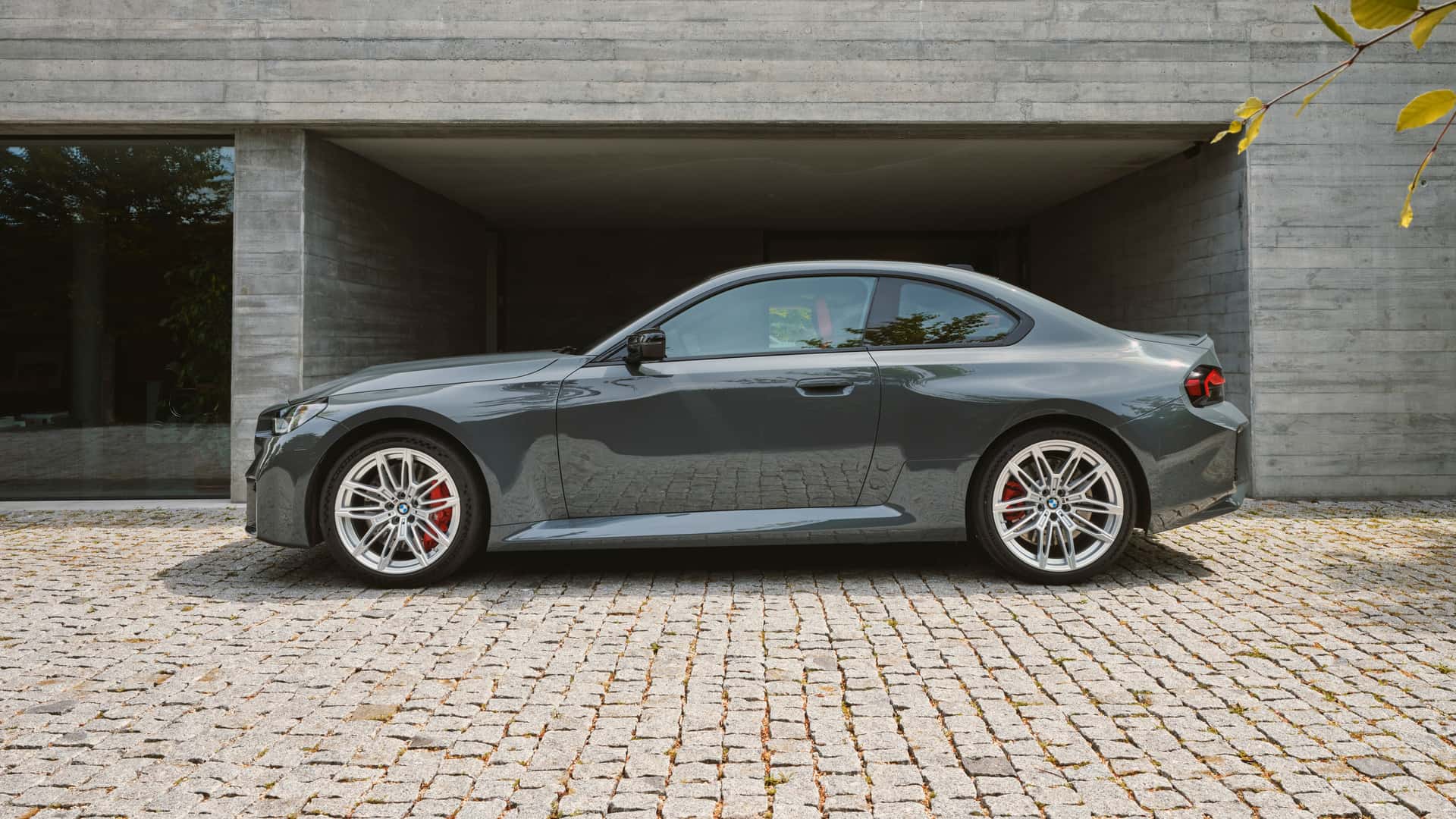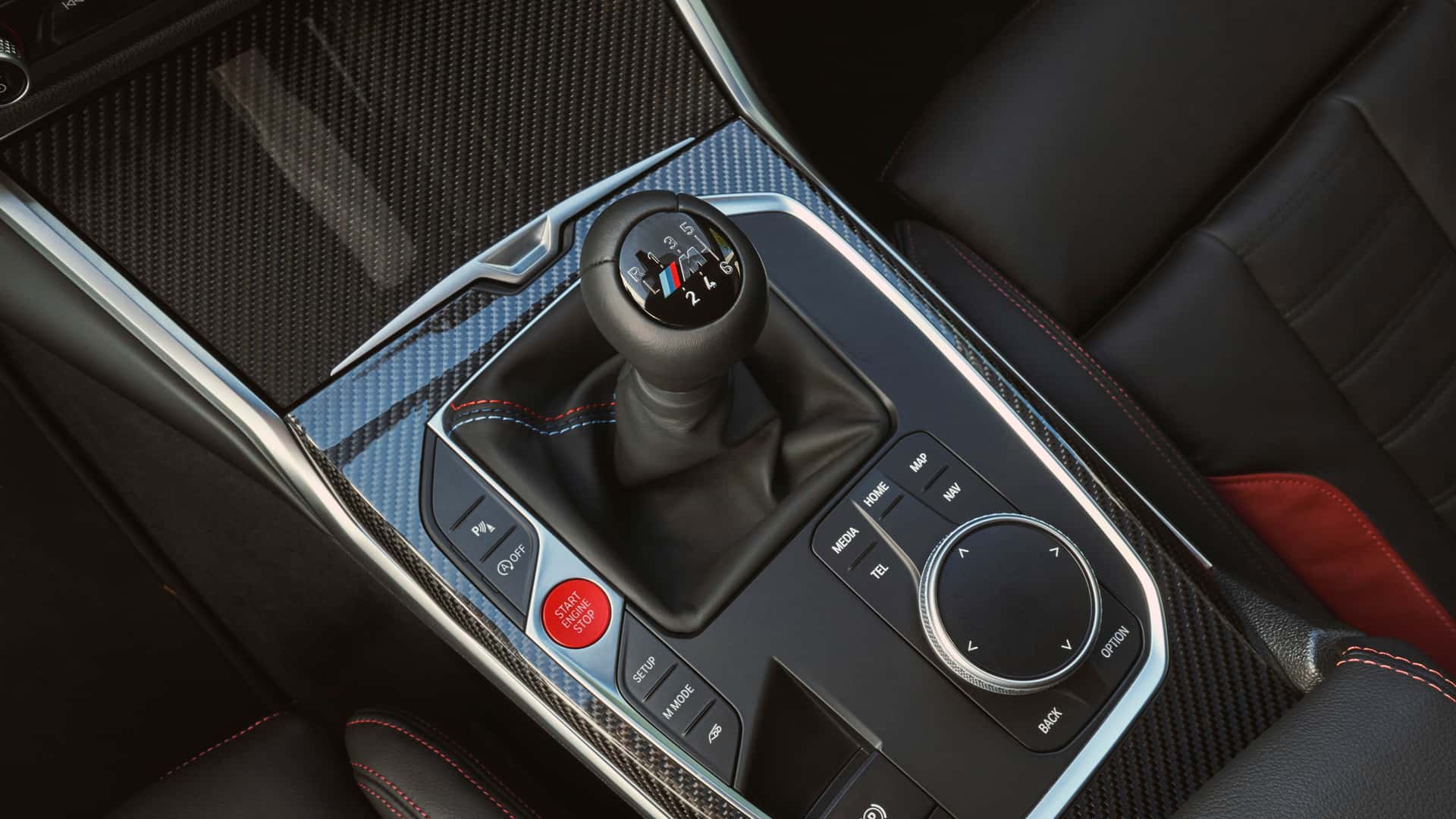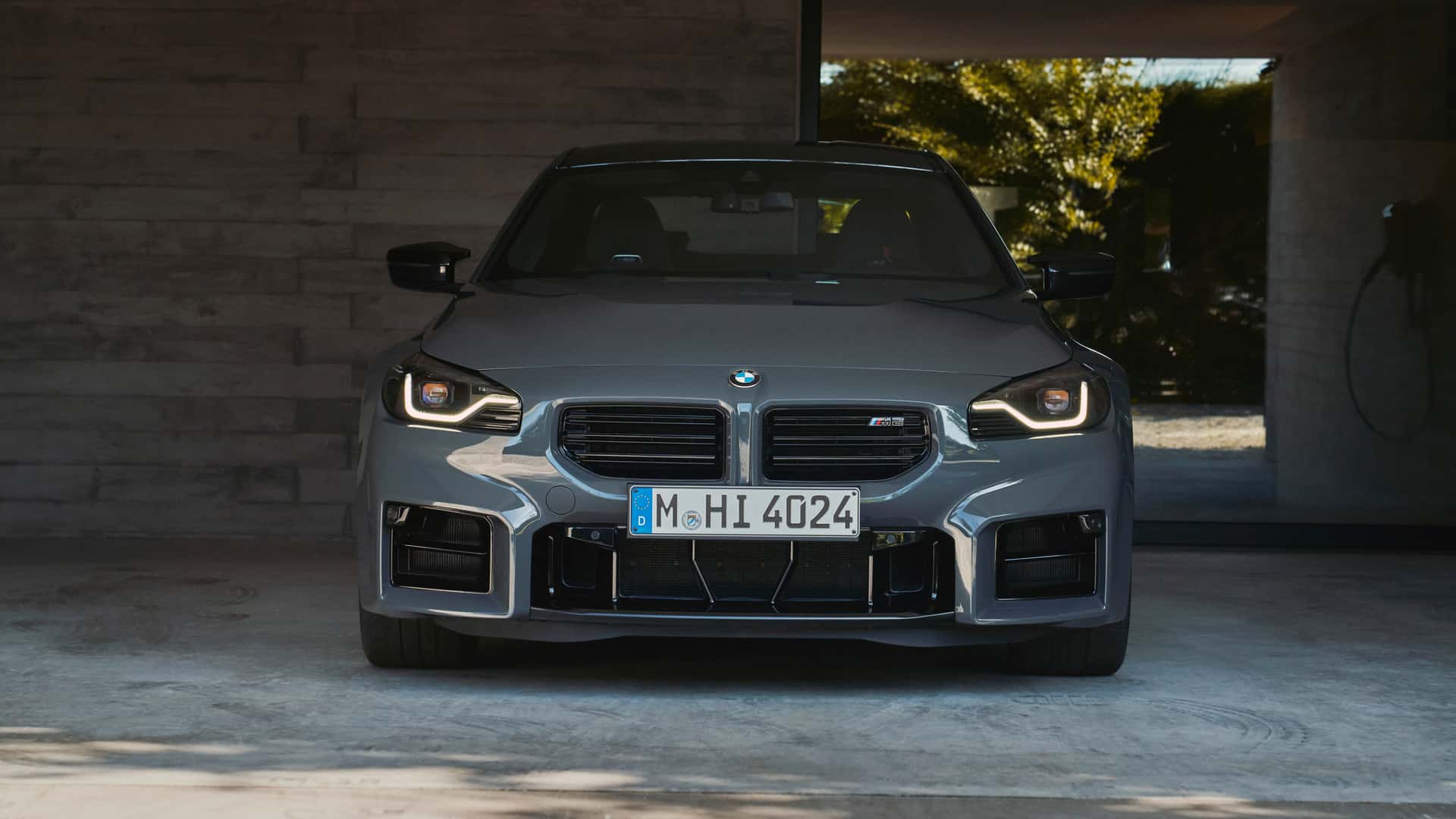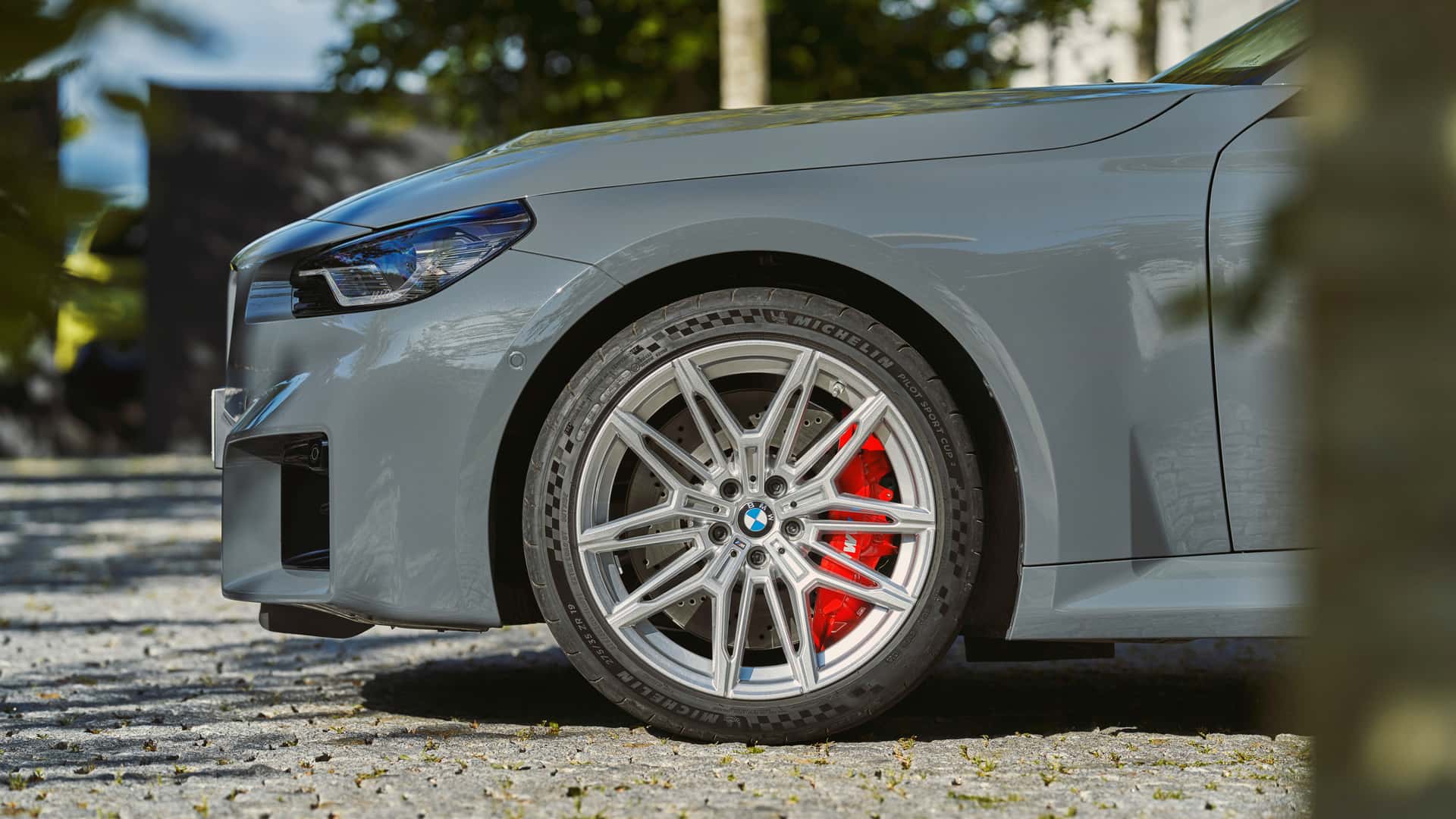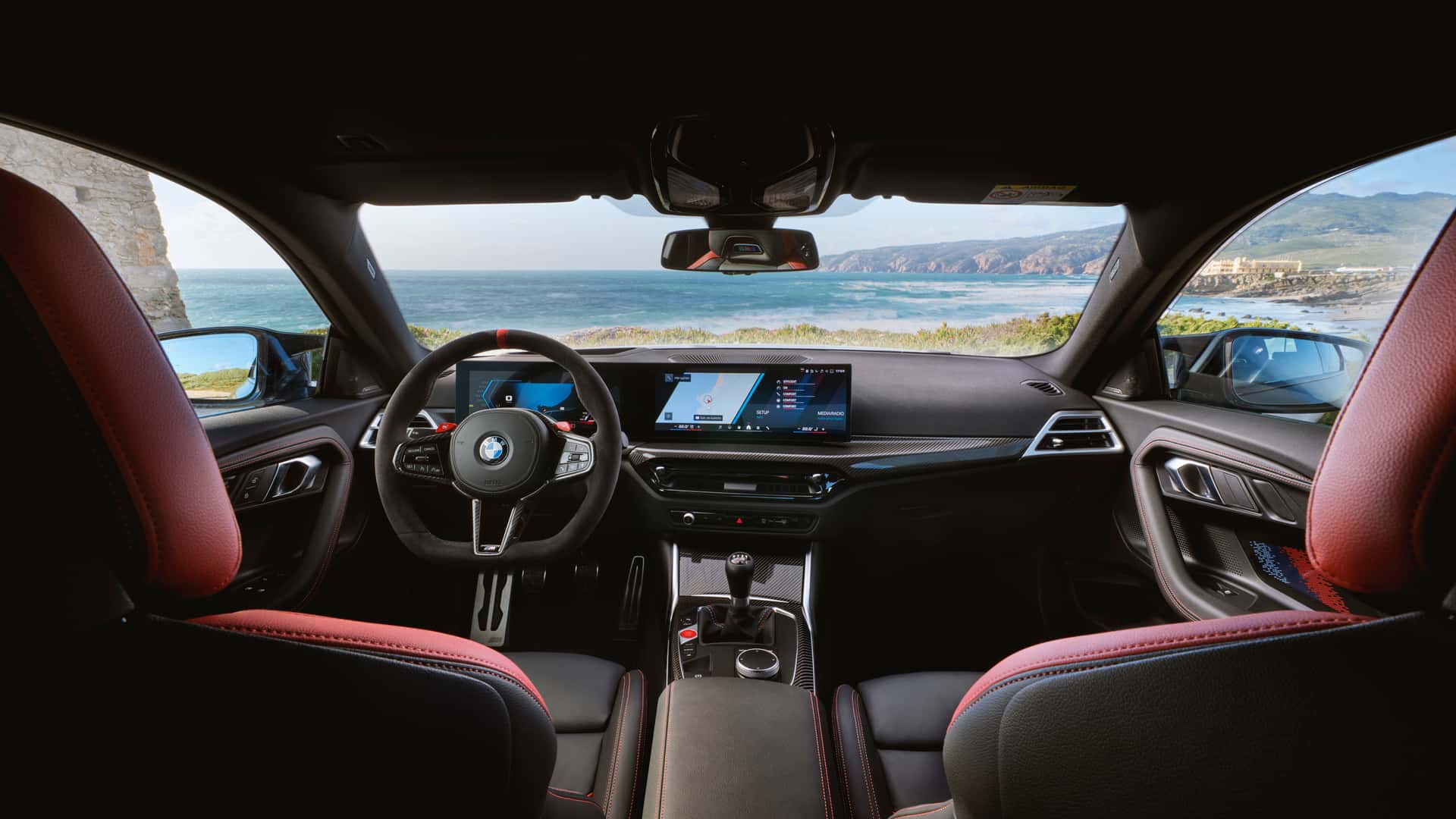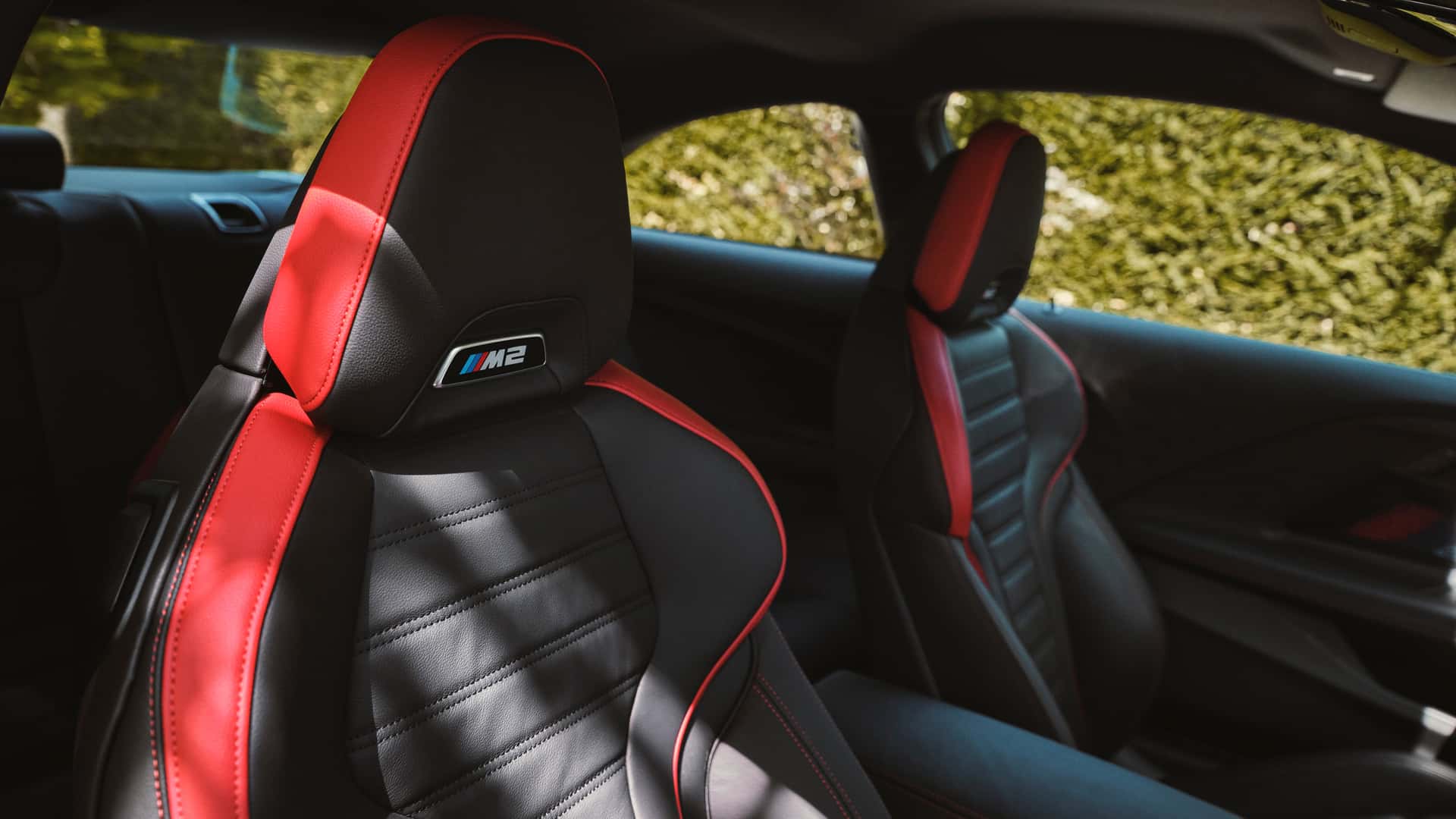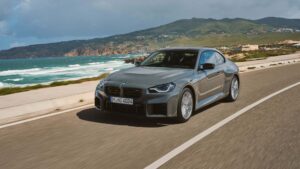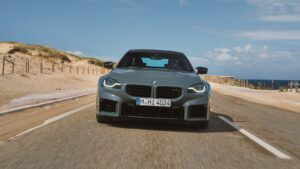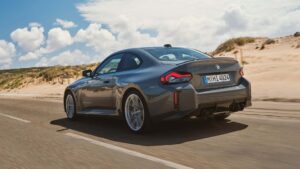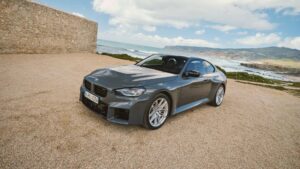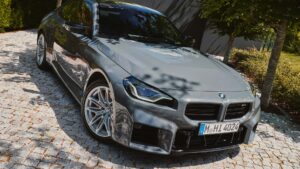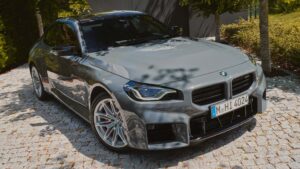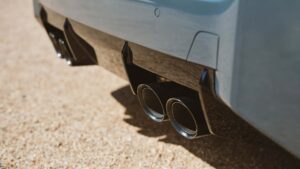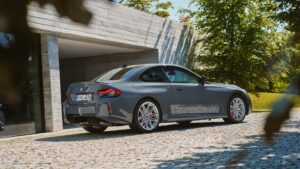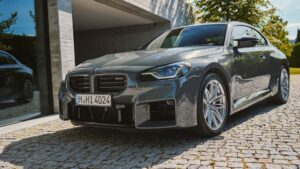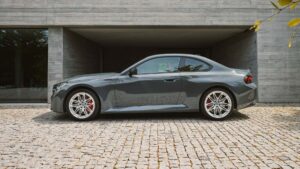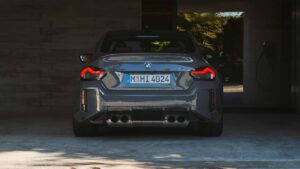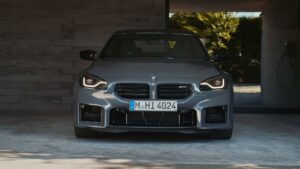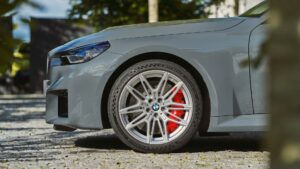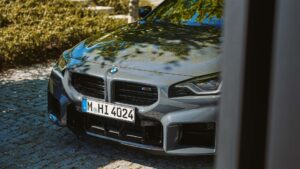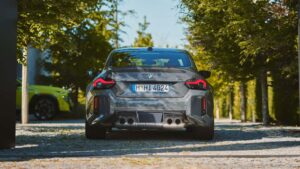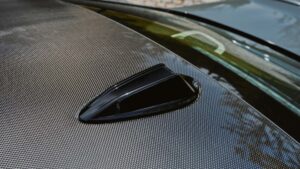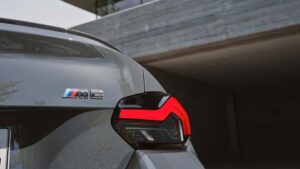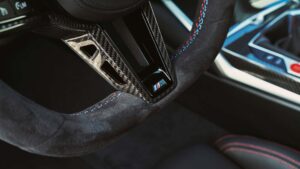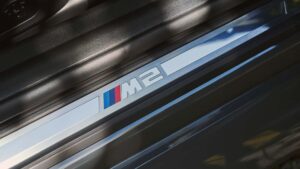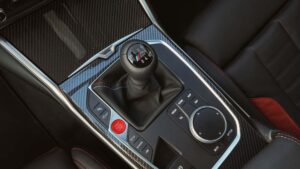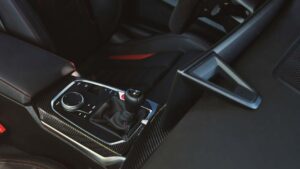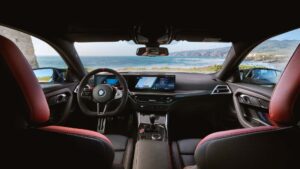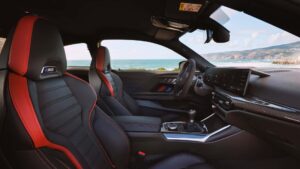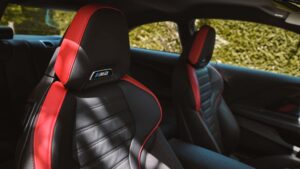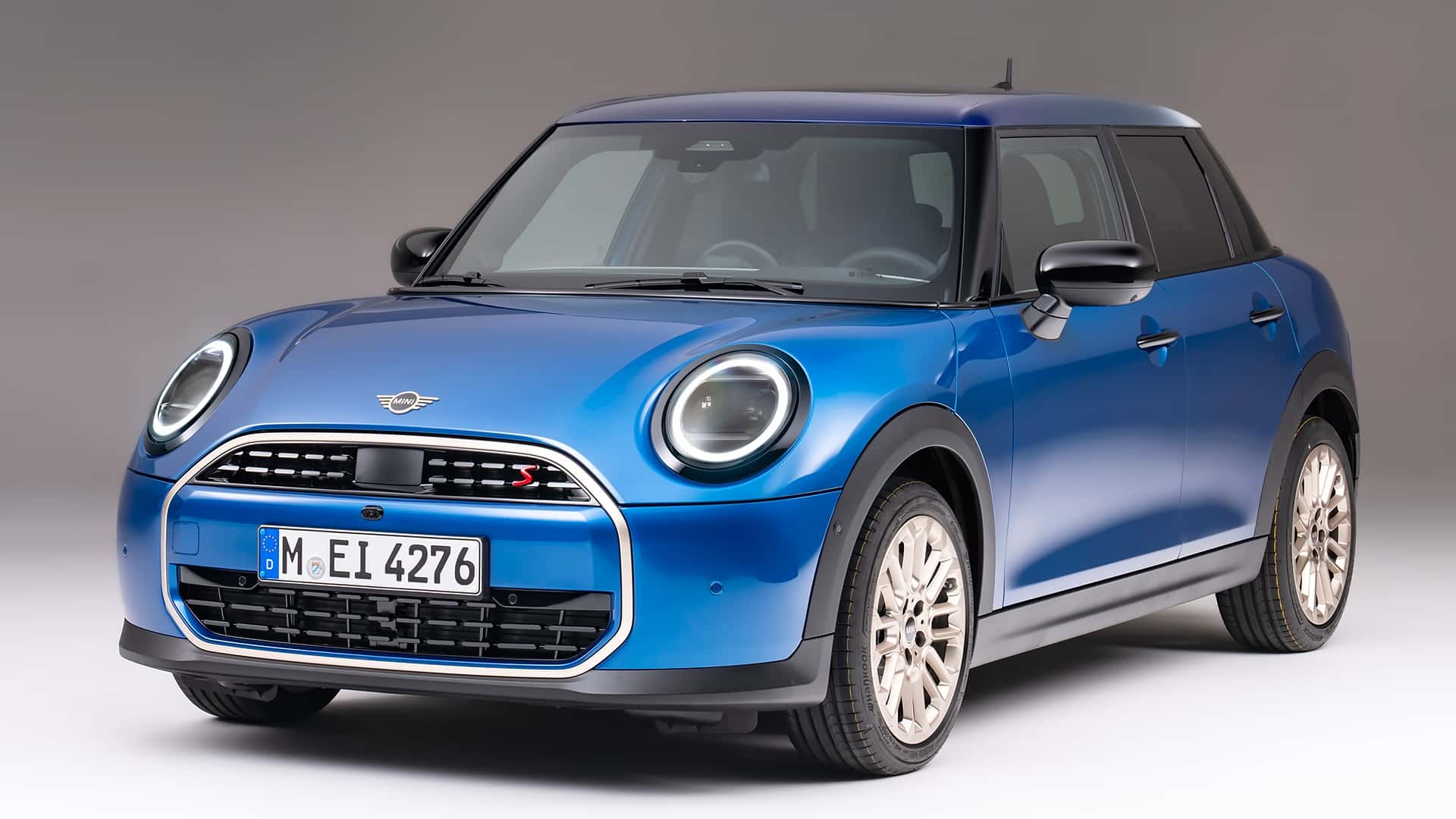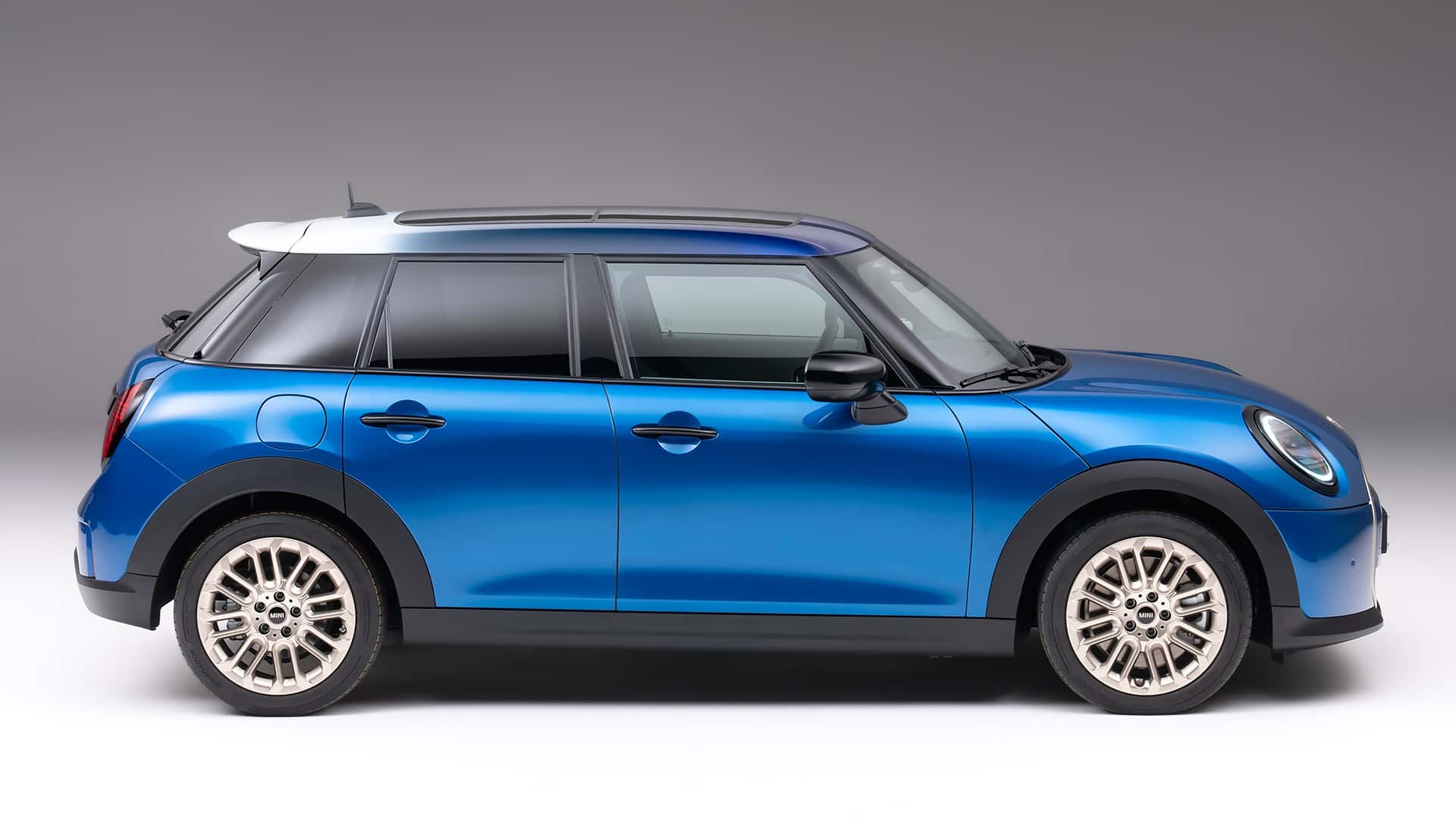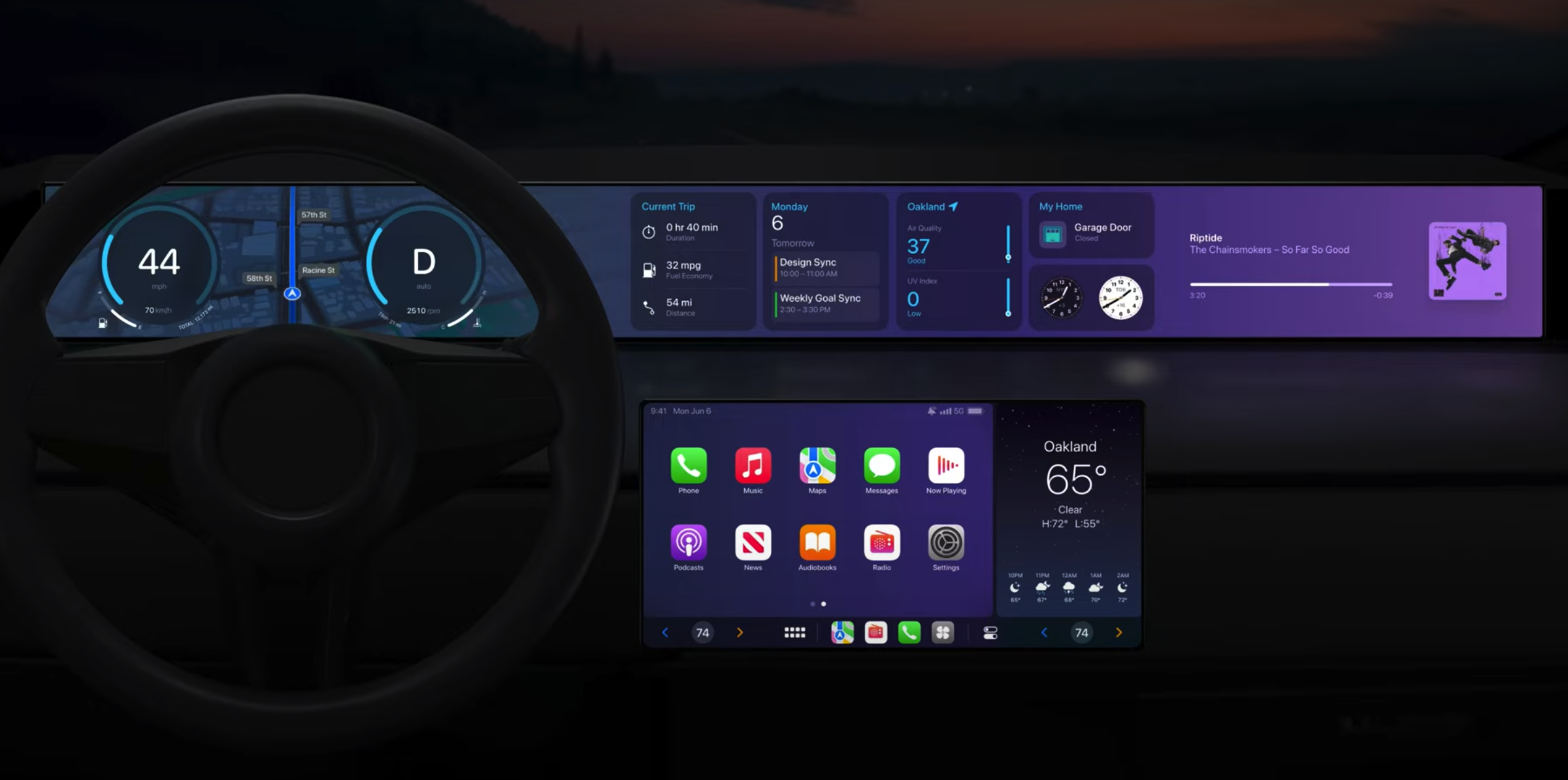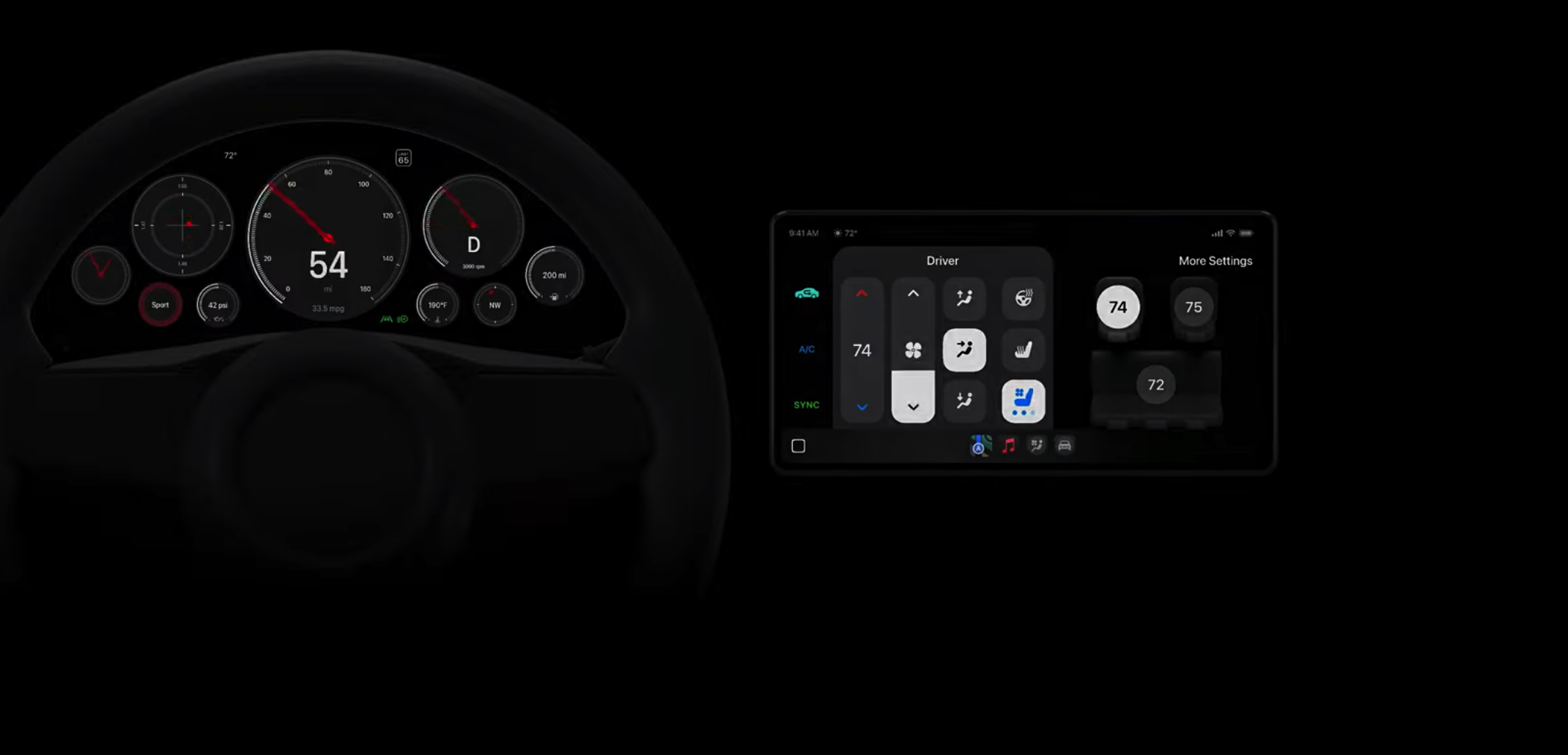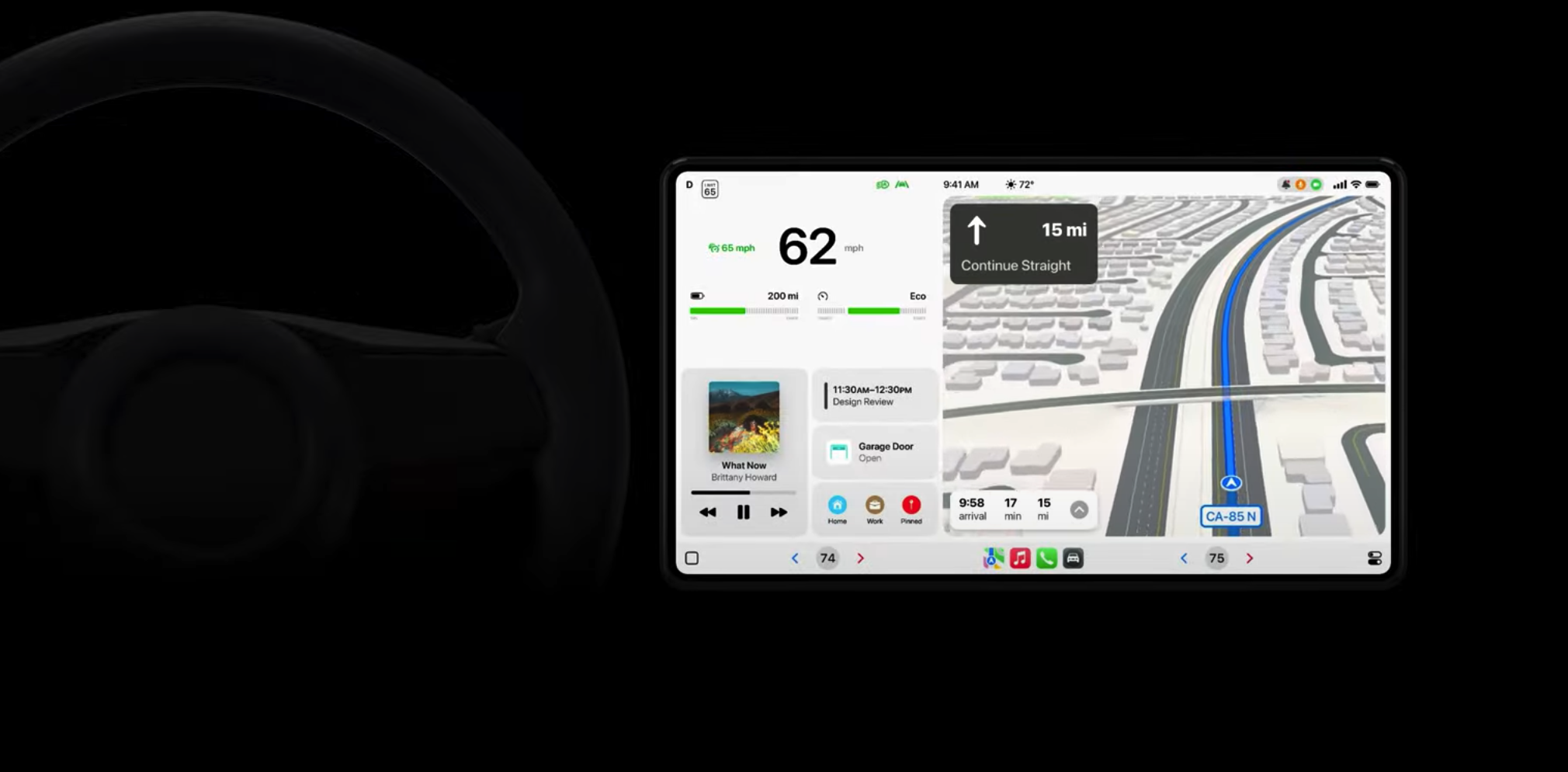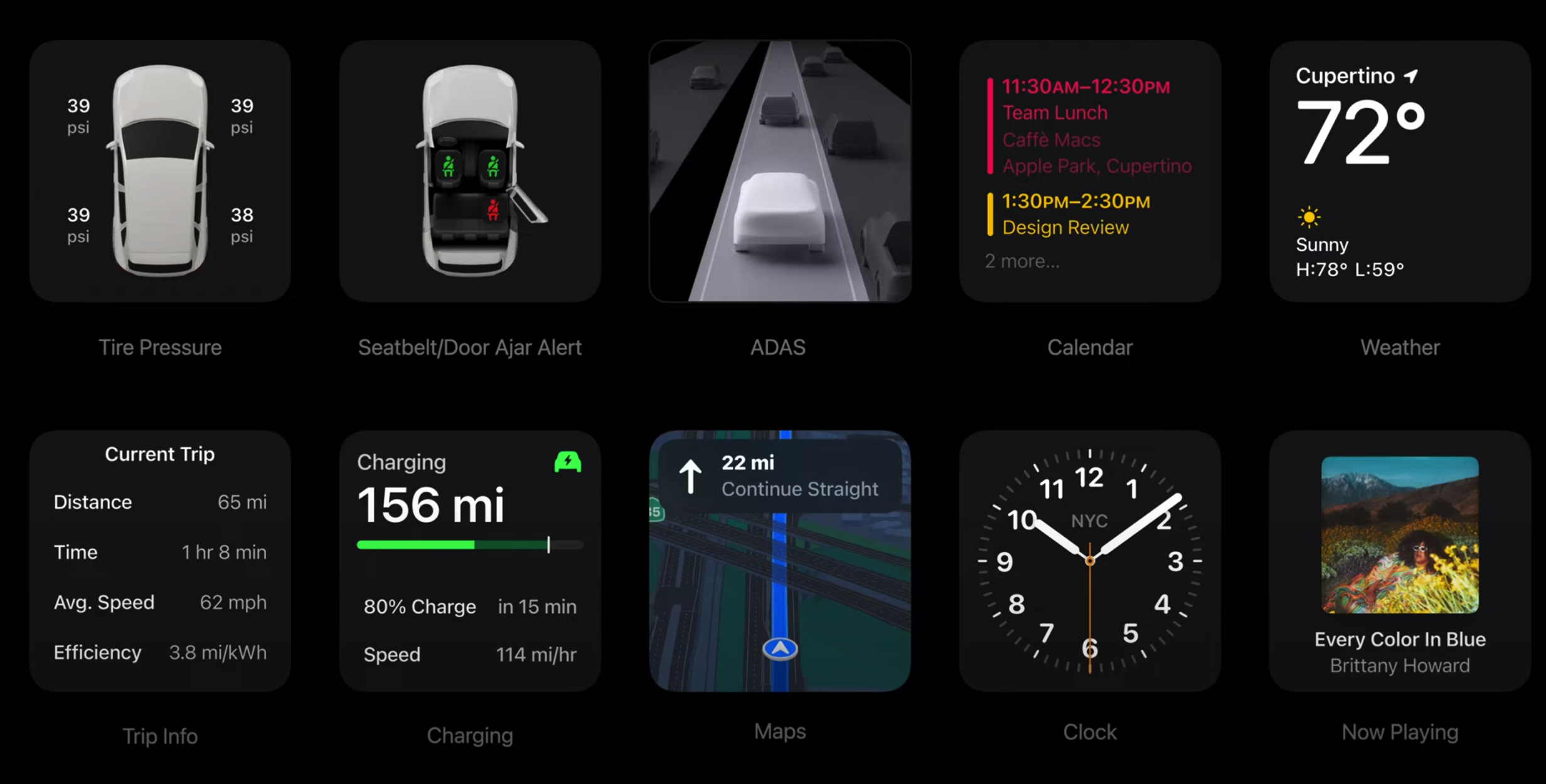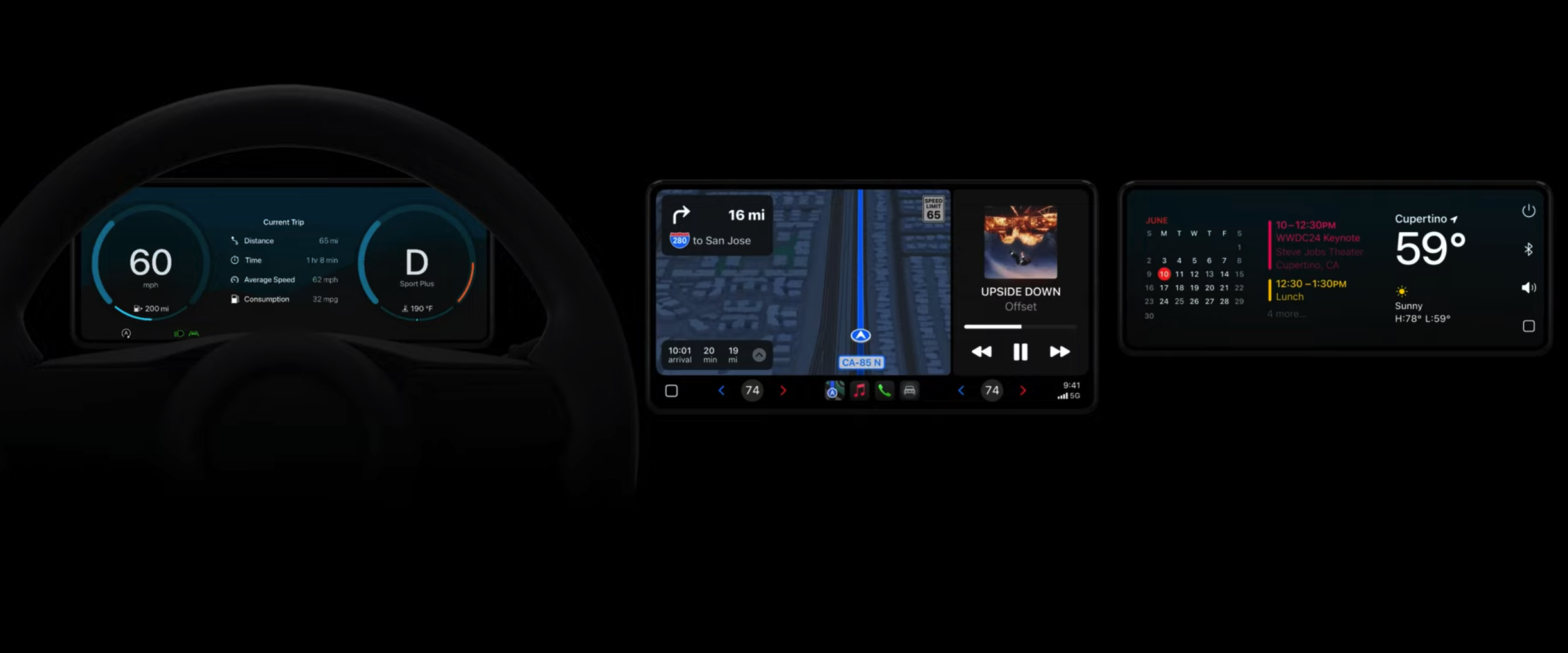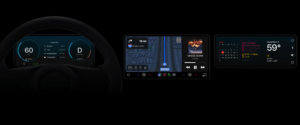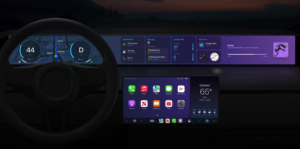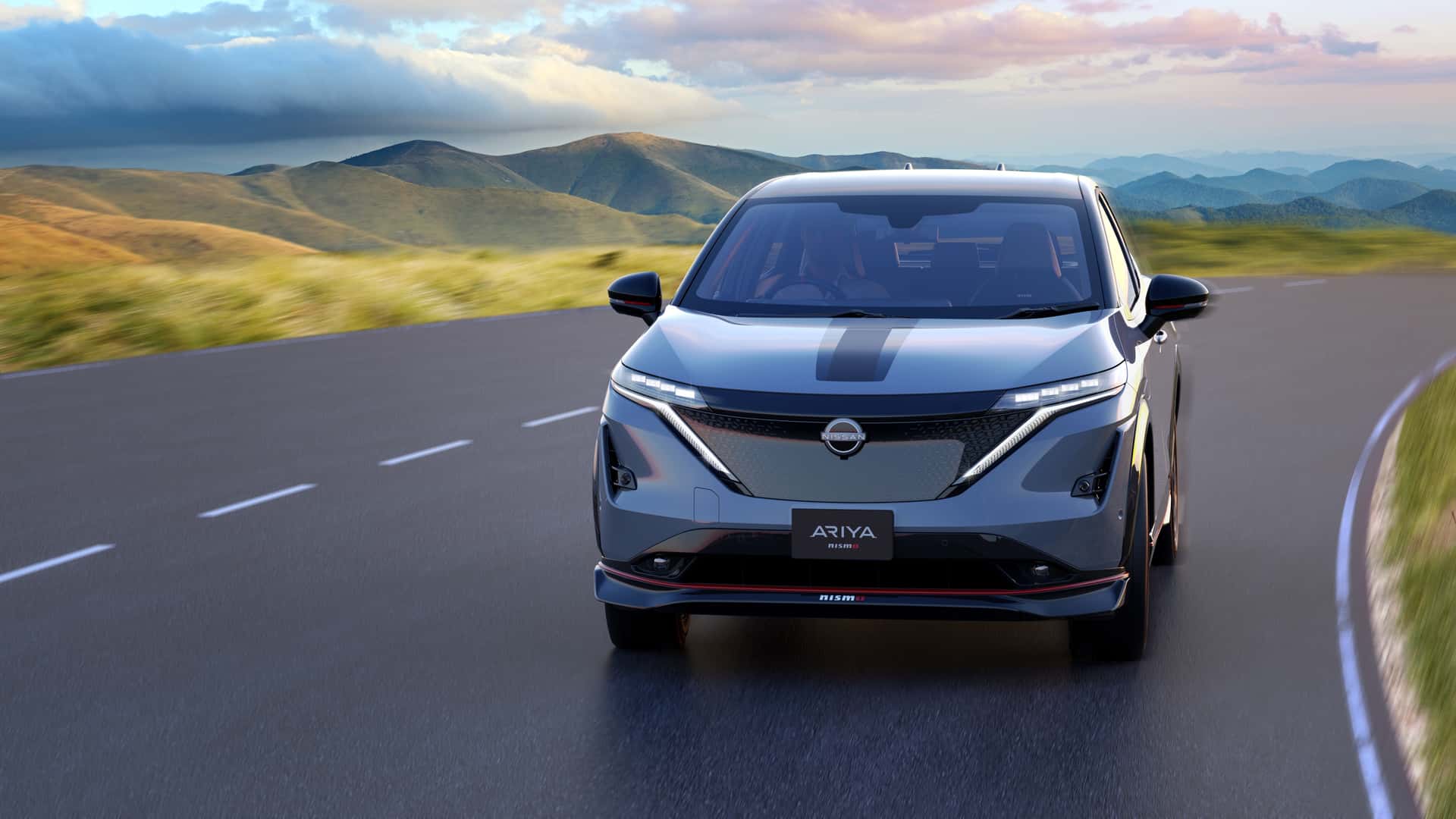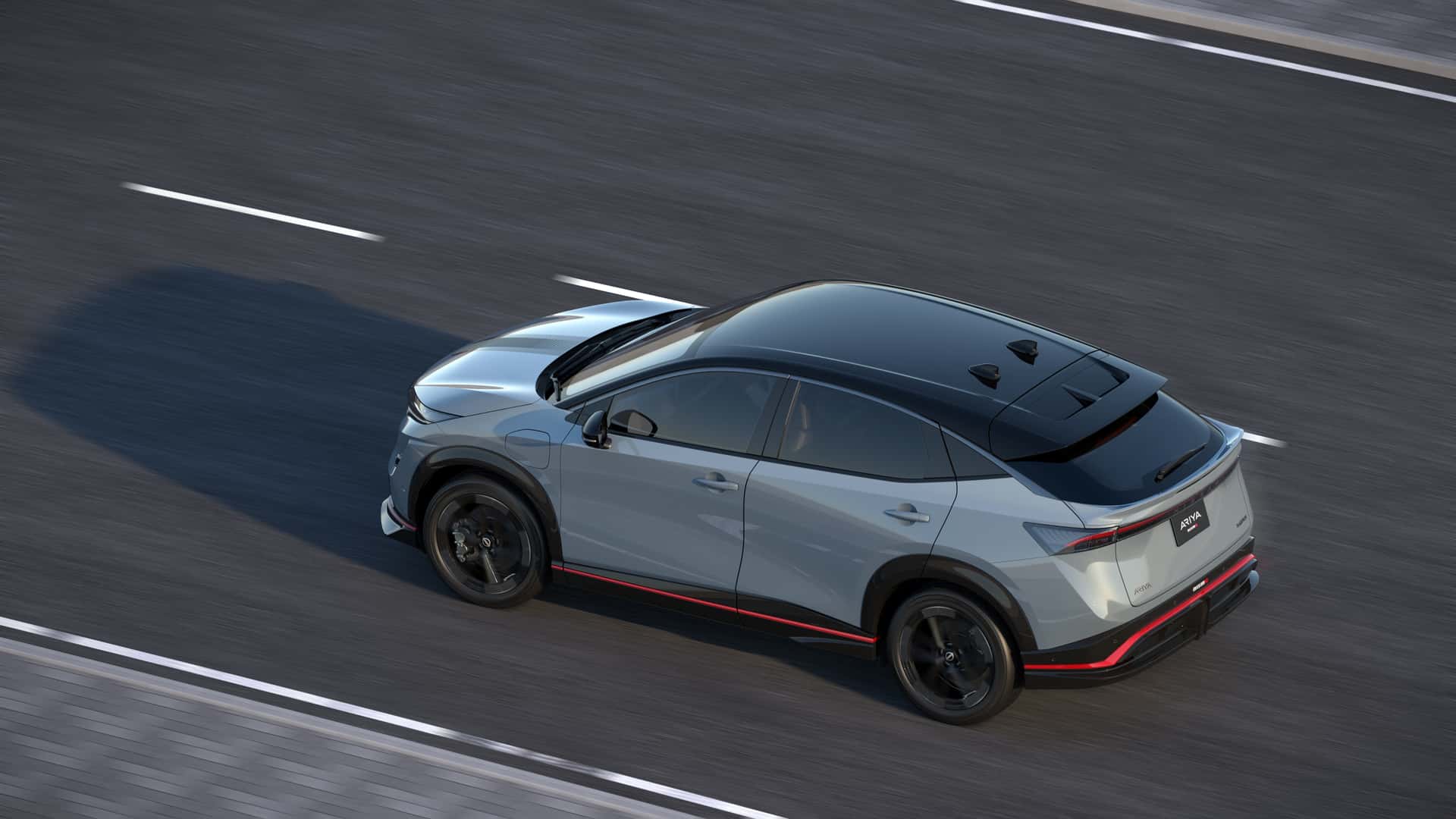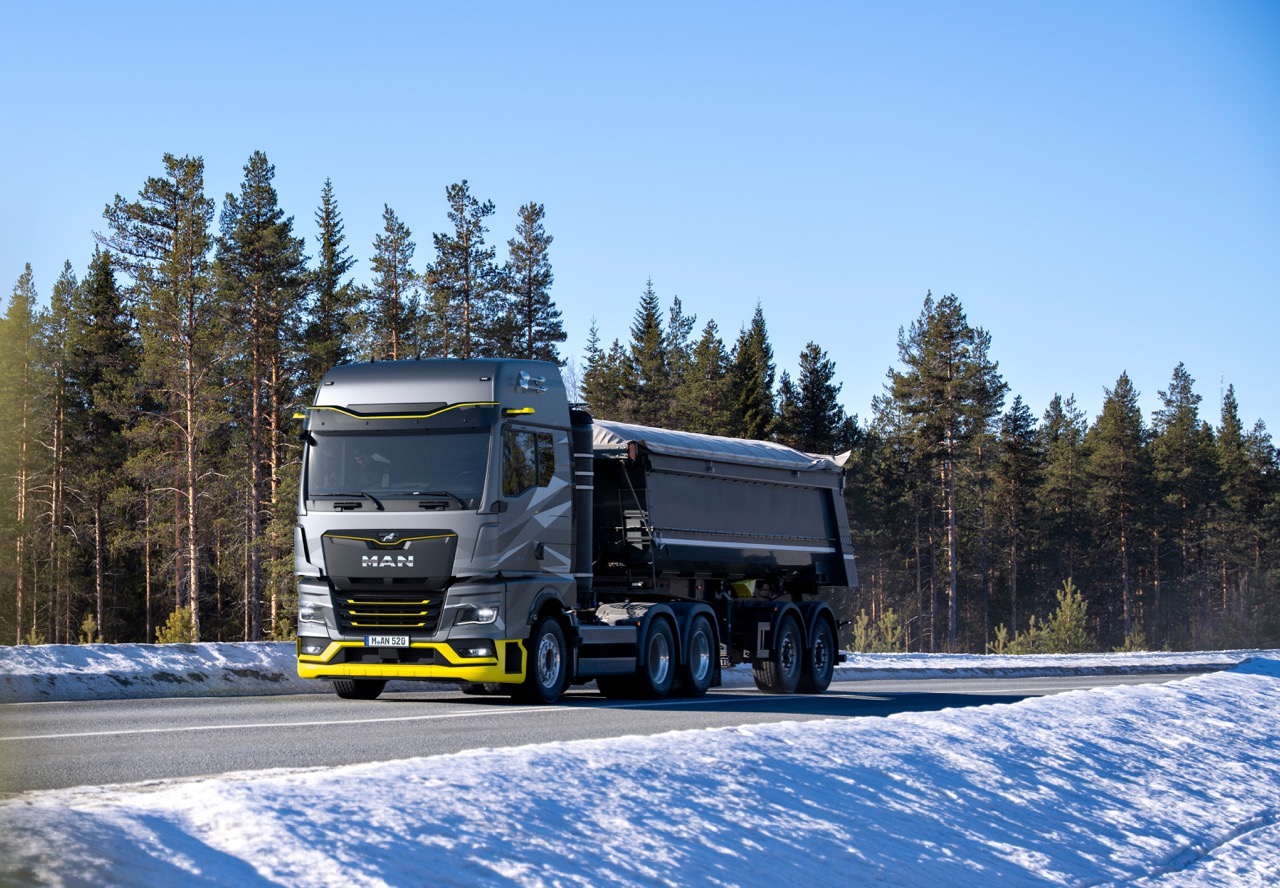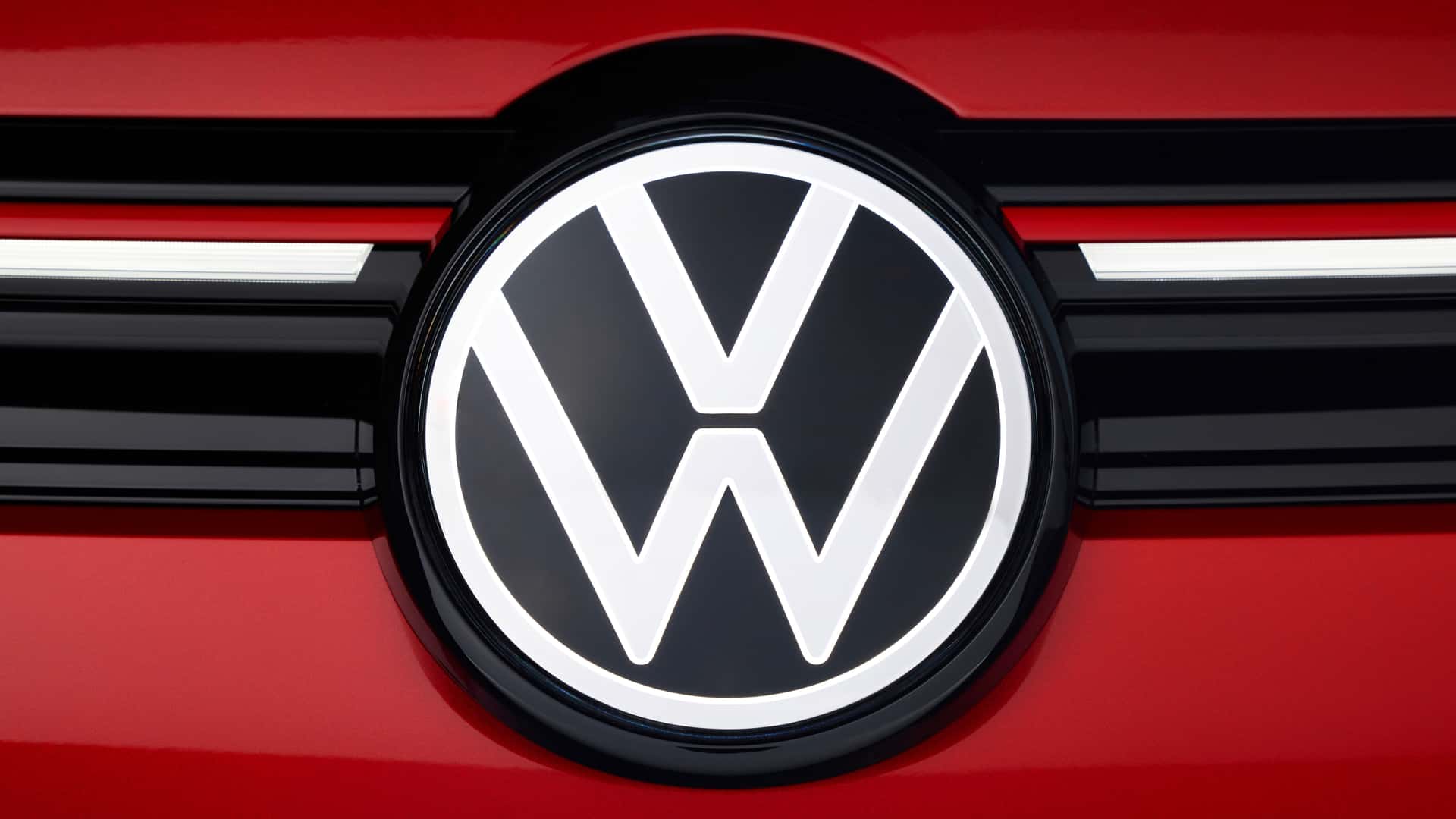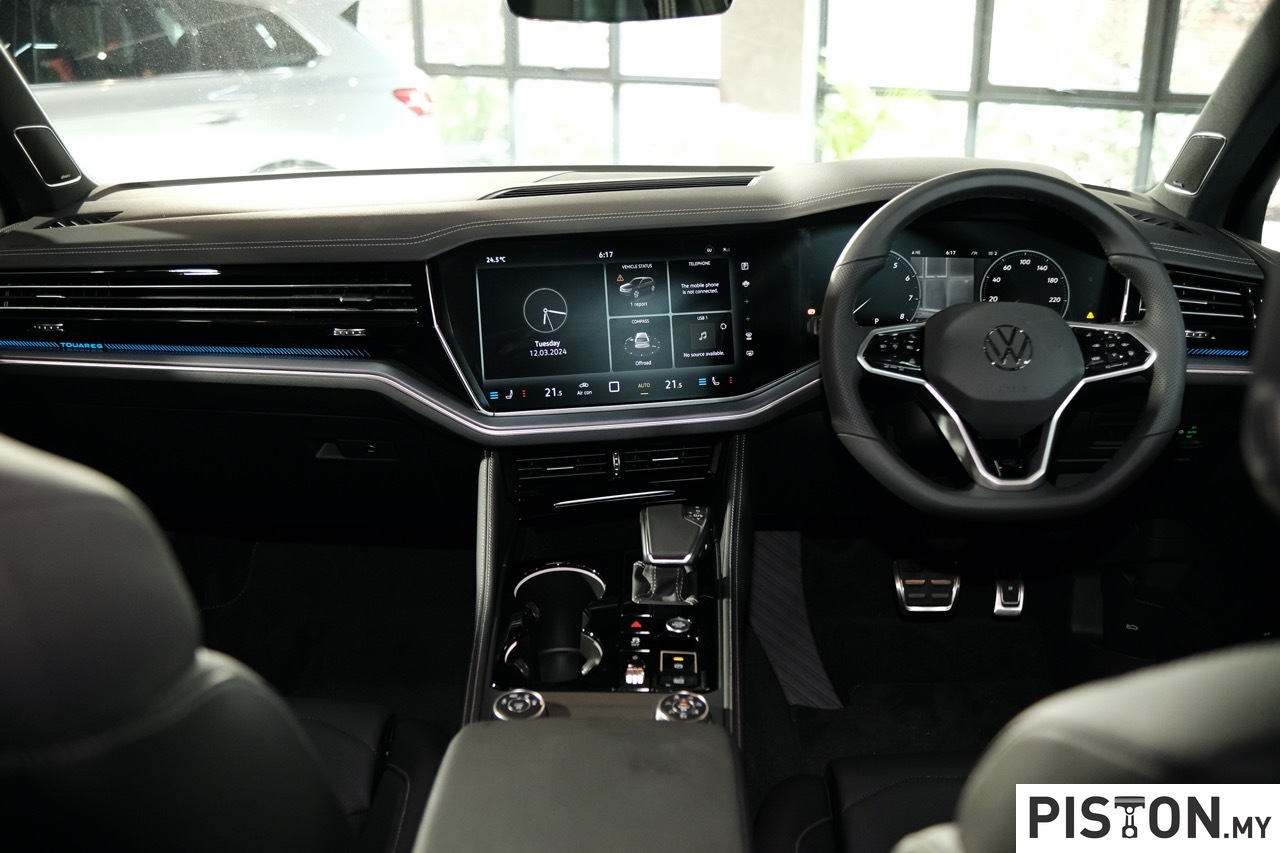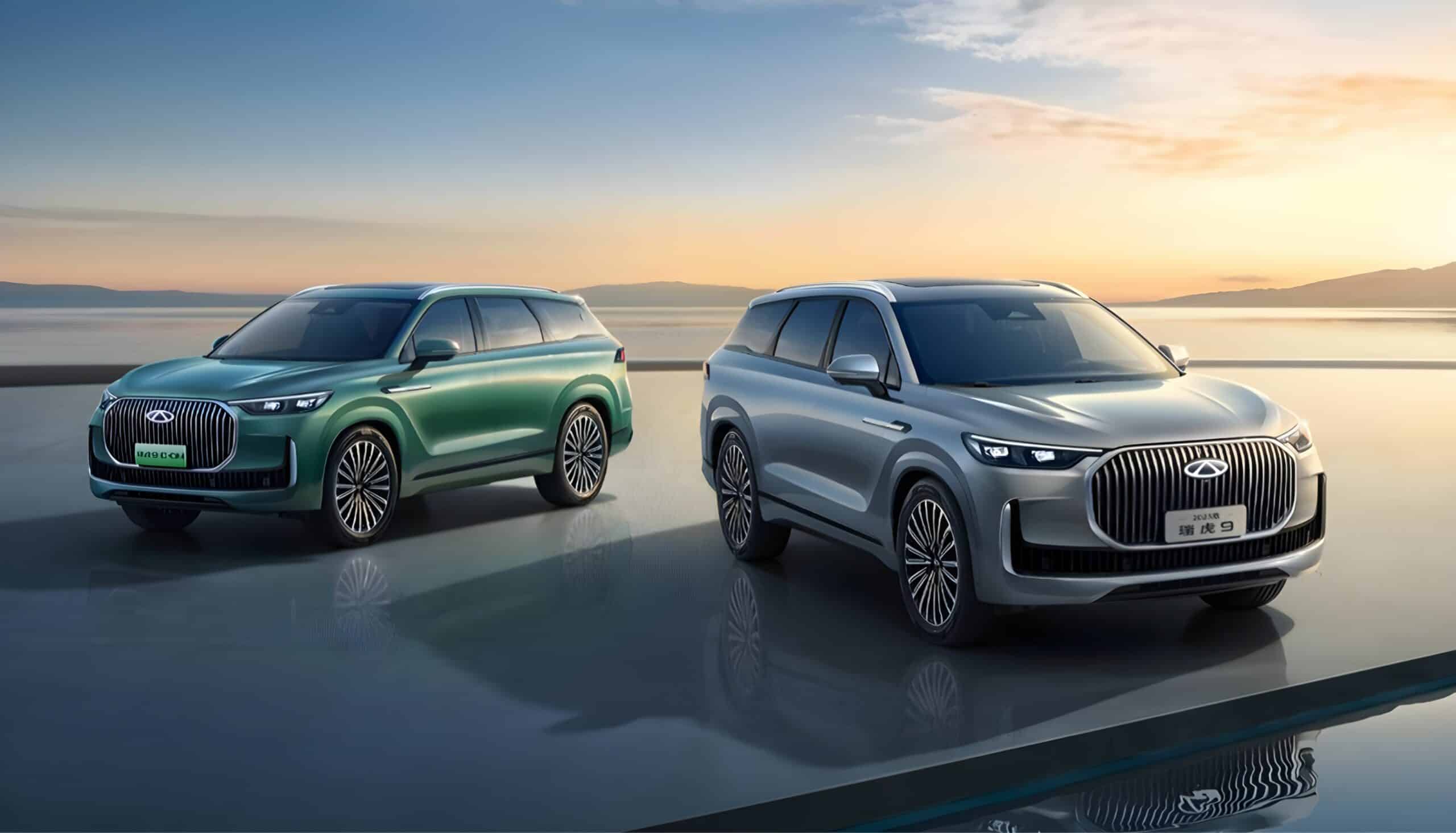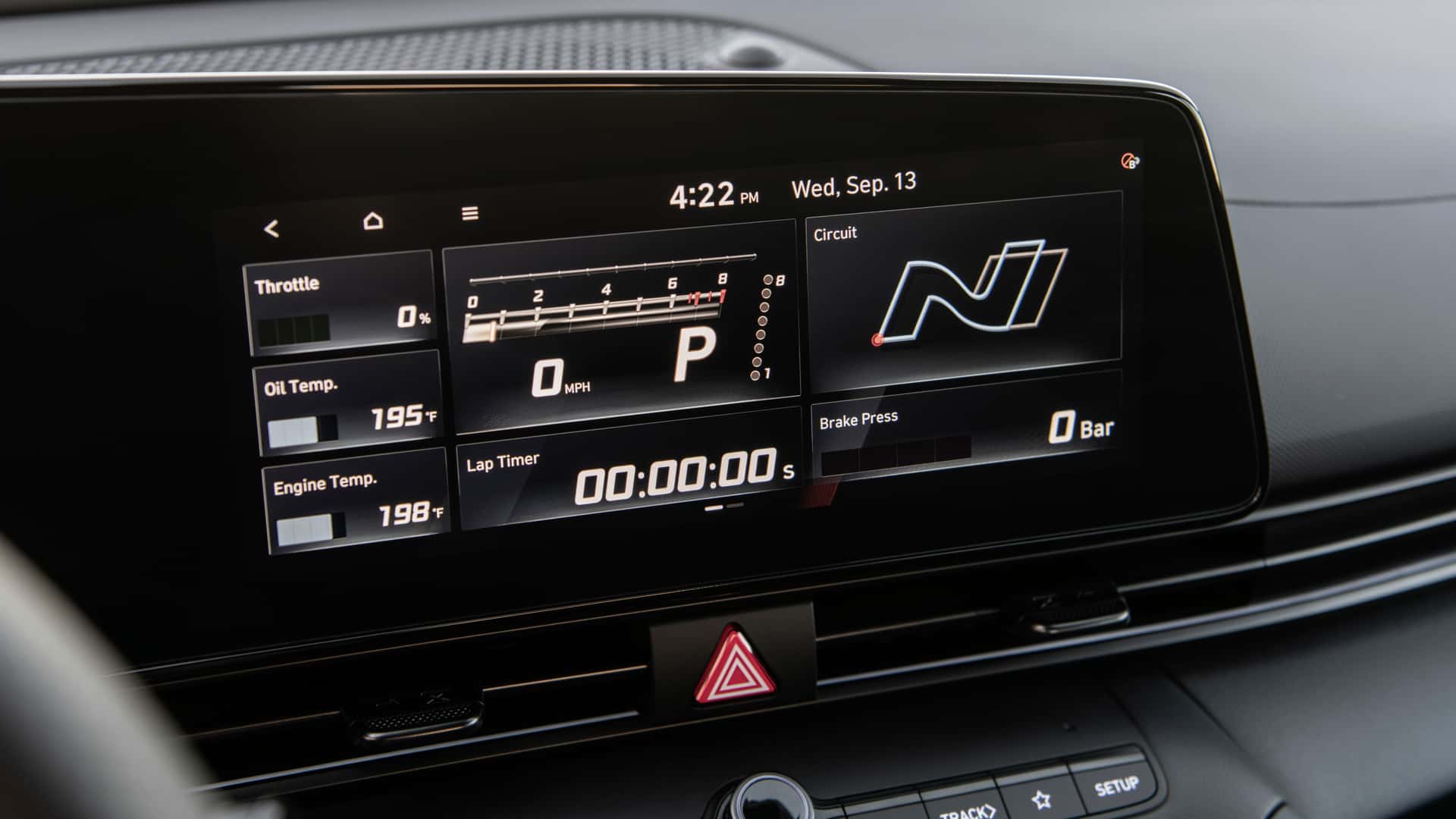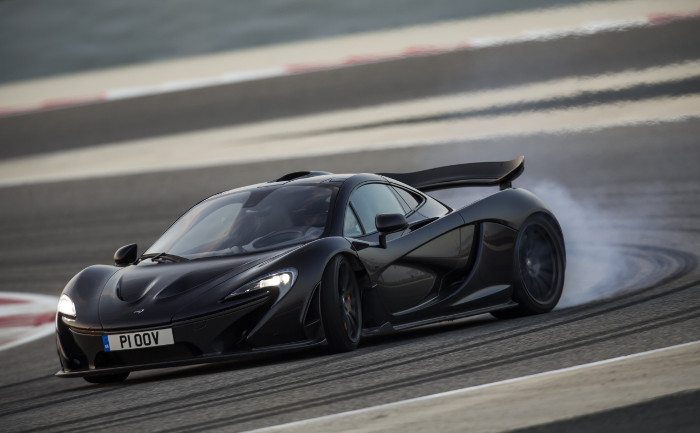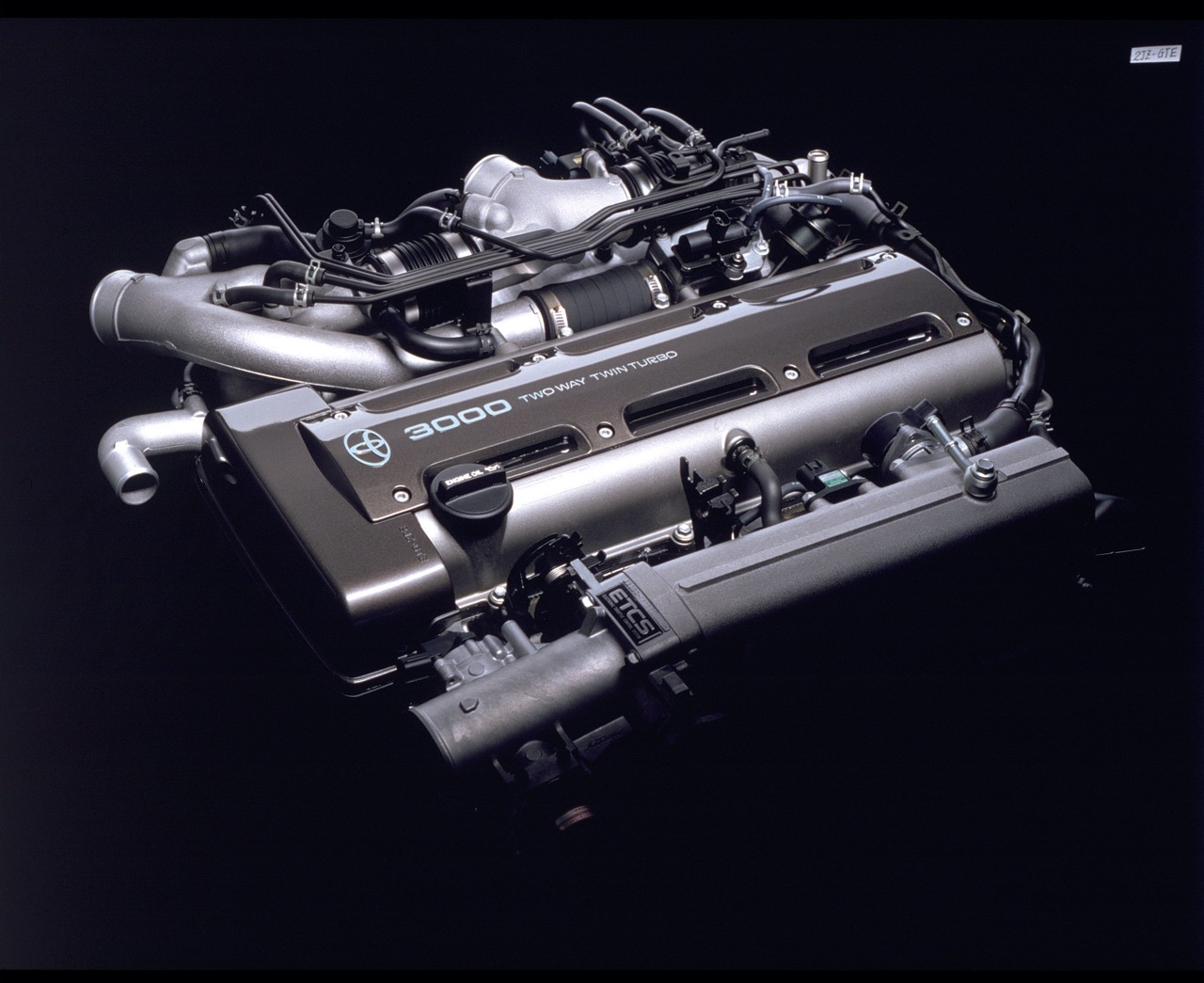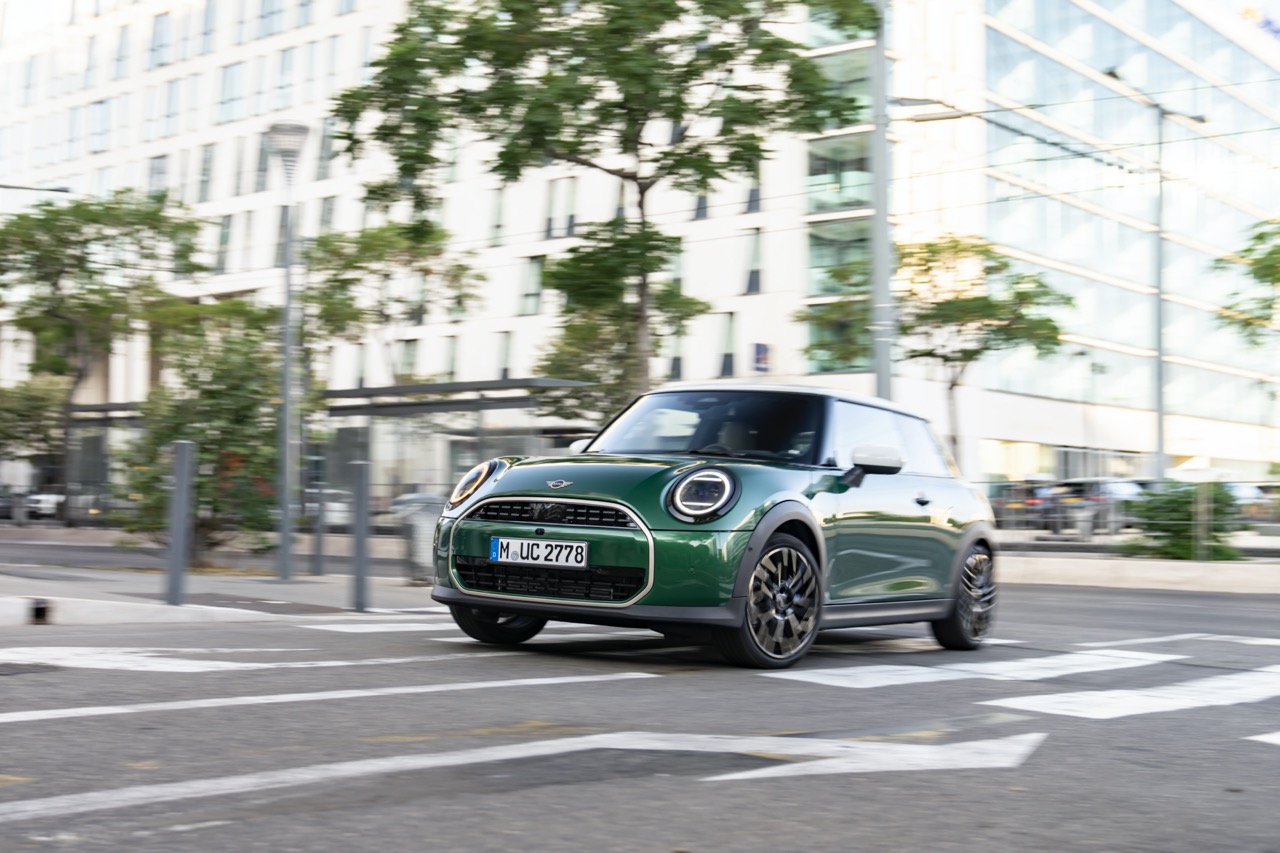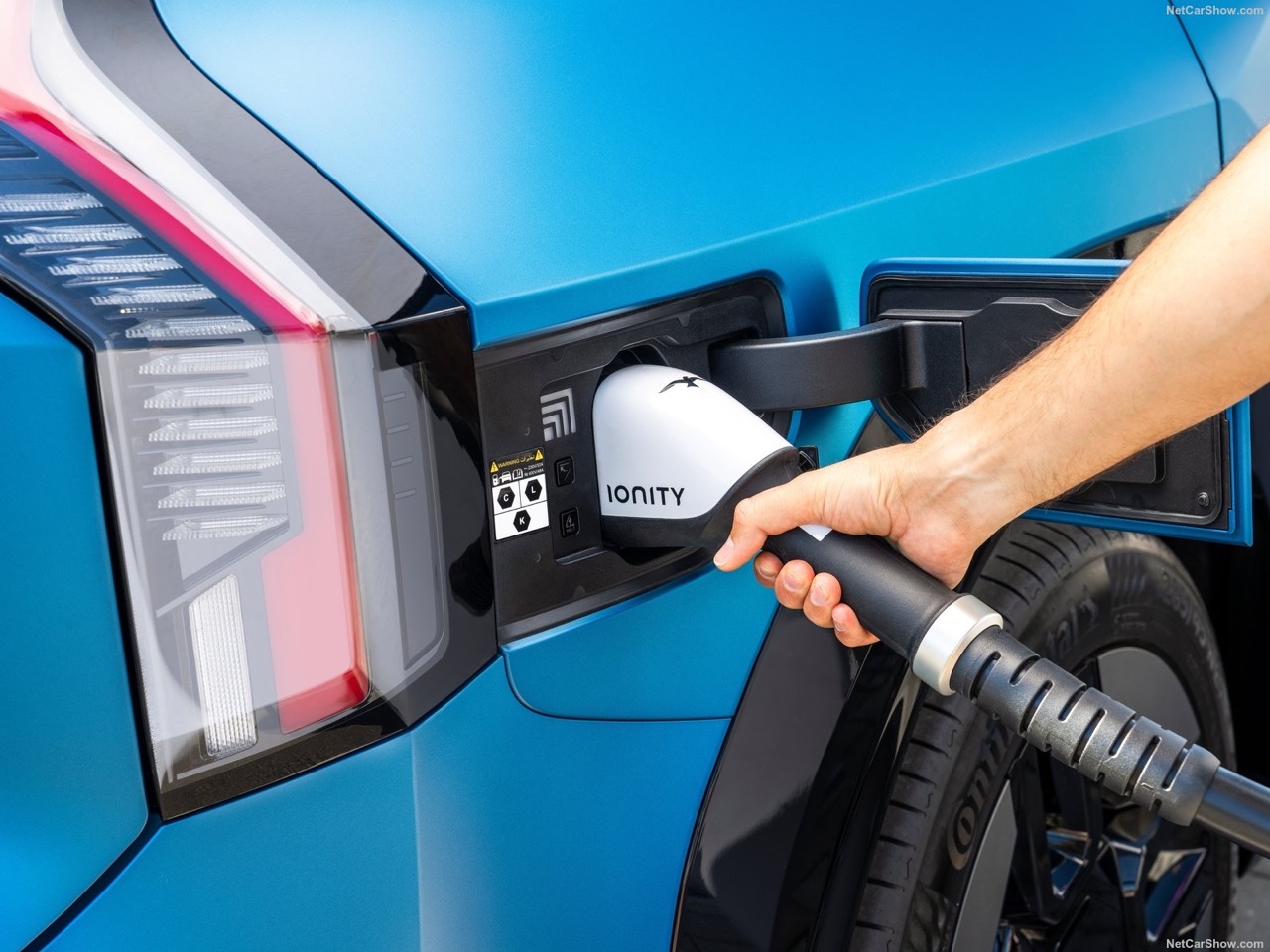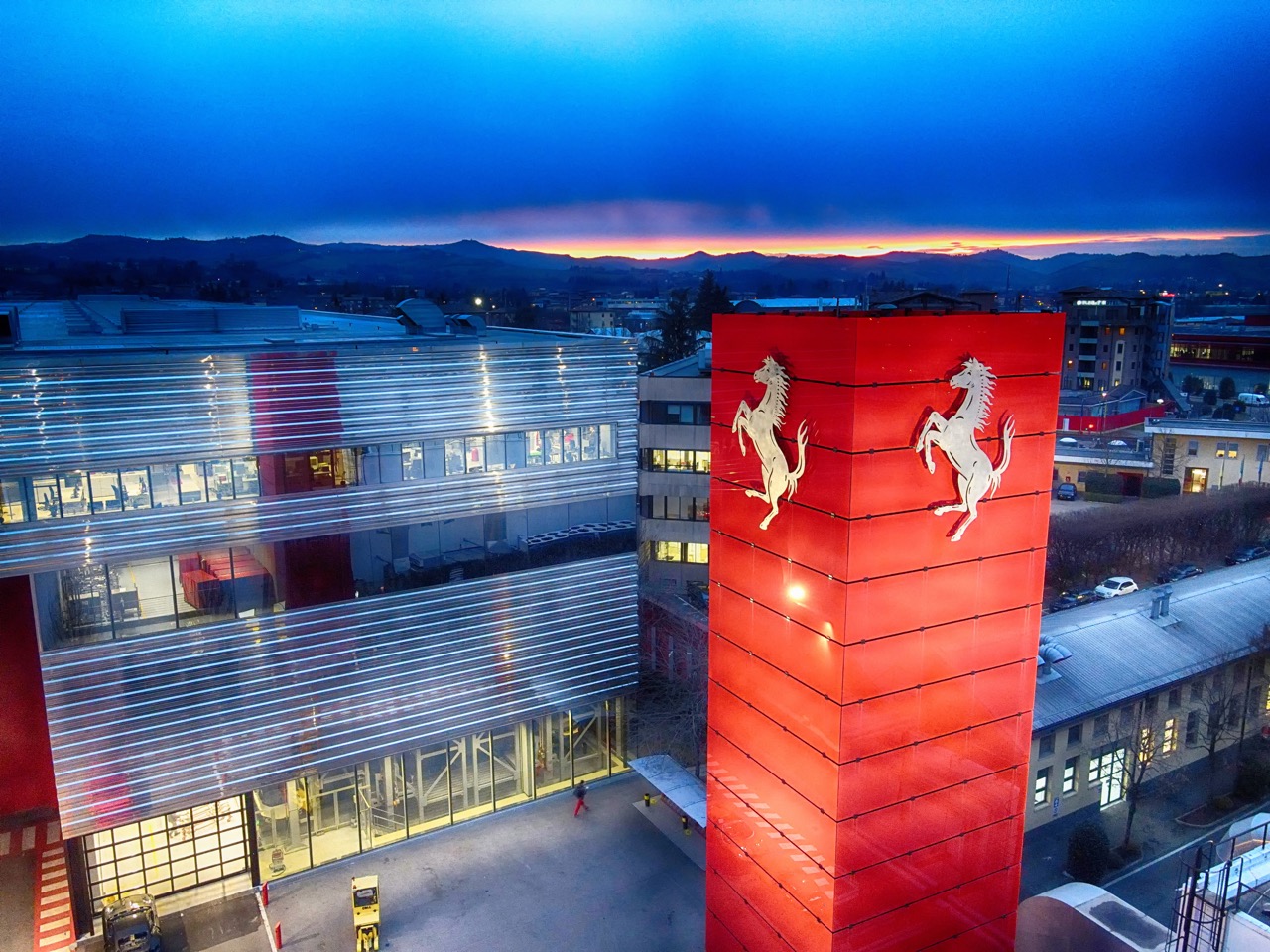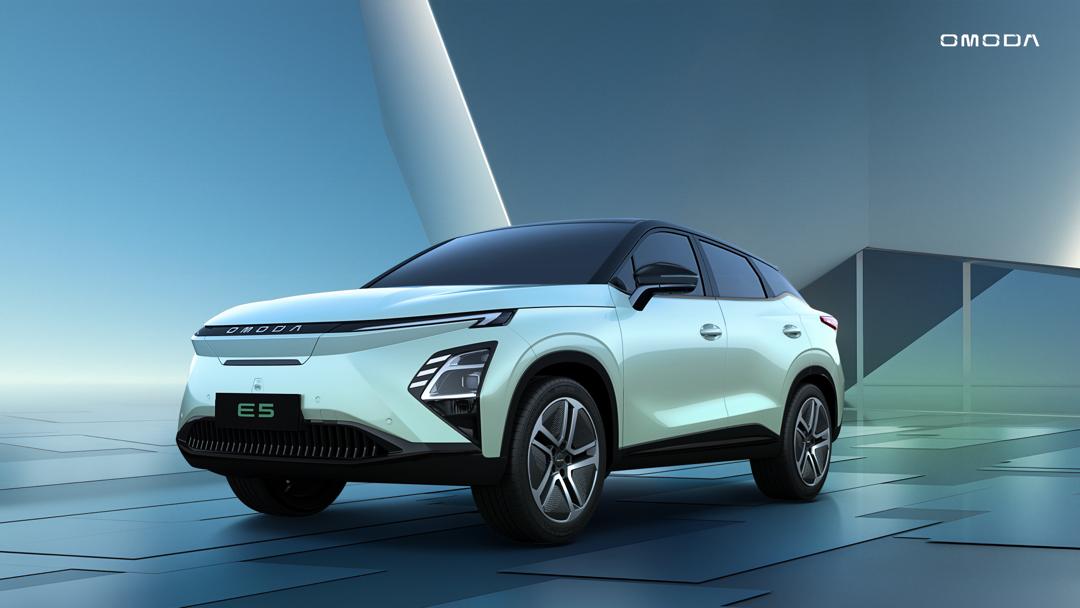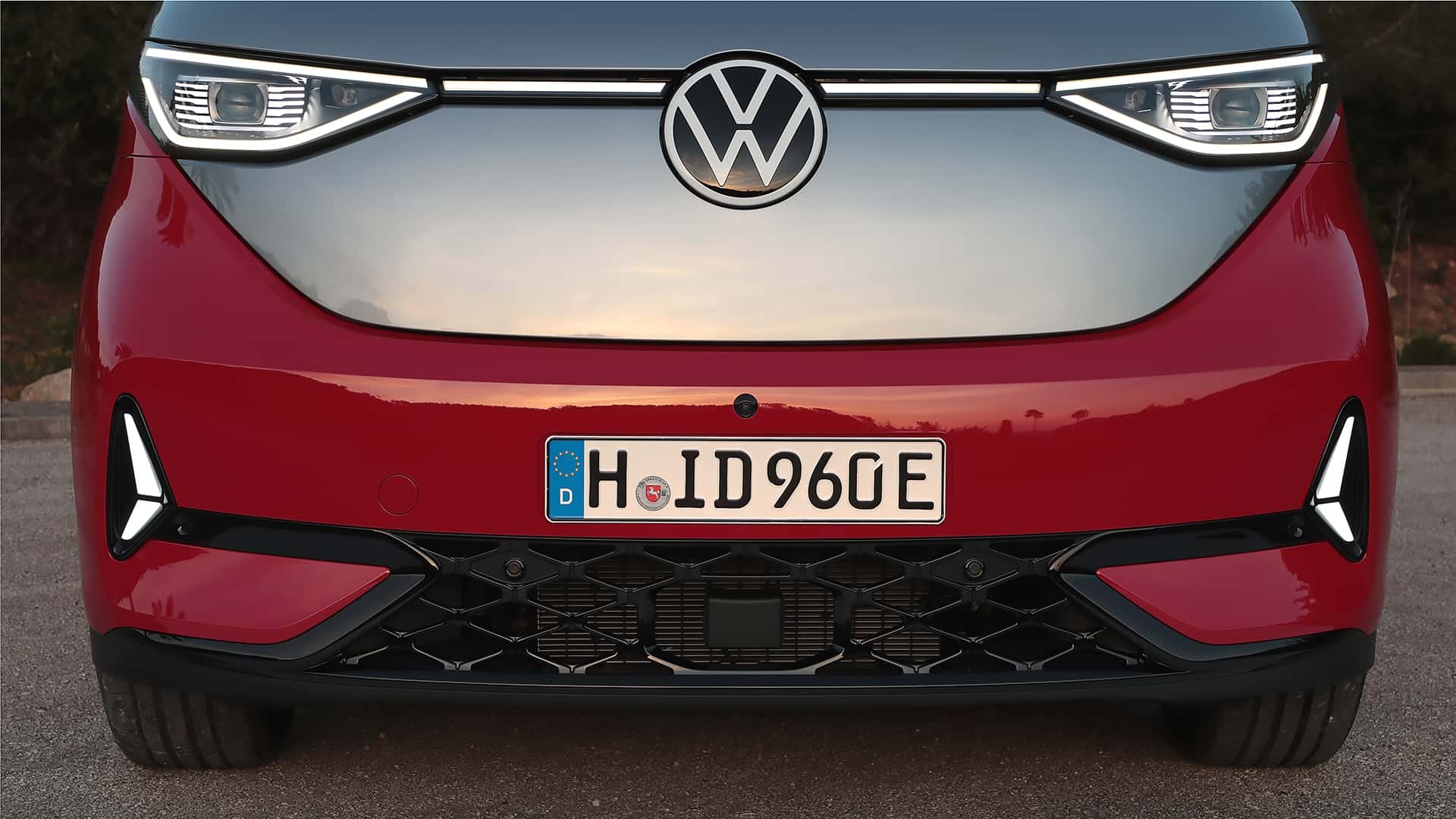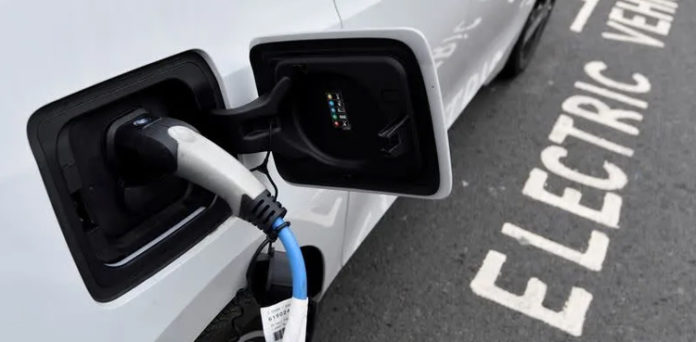BMW has unveiled an upgraded version of its 2 Series Coupé, combining sportiness, controllable dynamics, and advanced digital features. This two-door model, which follows in the footsteps of the iconic BMW 02 Series from the 1960s, is now even more attractive with detailed design modifications, extended standard equipment, and consistent digitalisation.
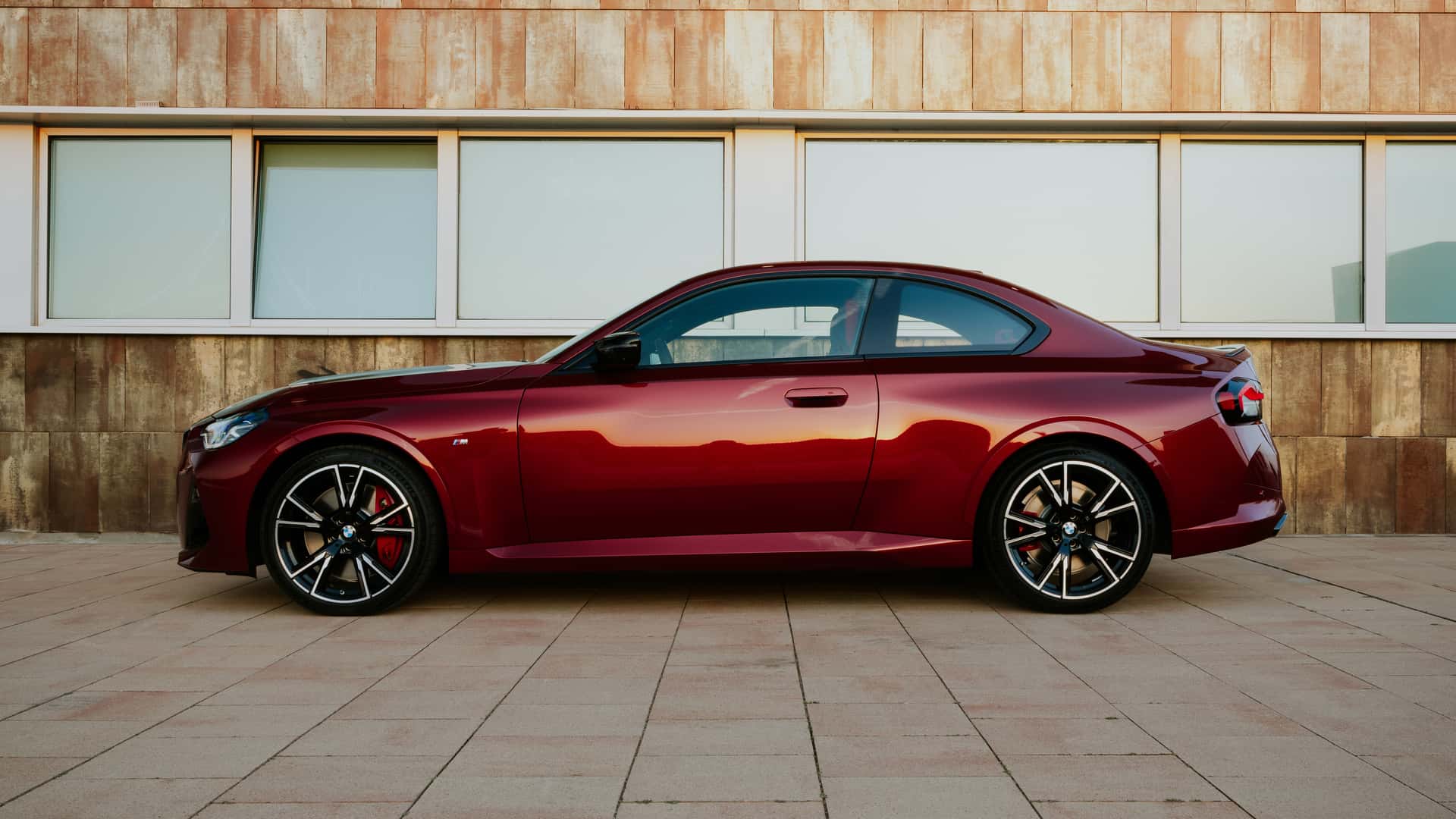
Performance and Engine Options
The new BMW 2 Series Coupé lineup is led by the BMW M240i xDrive Coupé, powered by a 3.0-litre straight six-cylinder engine that produces 374hp. This engine, combined with intelligent all-wheel drive, allows the M240i xDrive to accelerate from 0 to 100km/h in just 4.3 seconds.
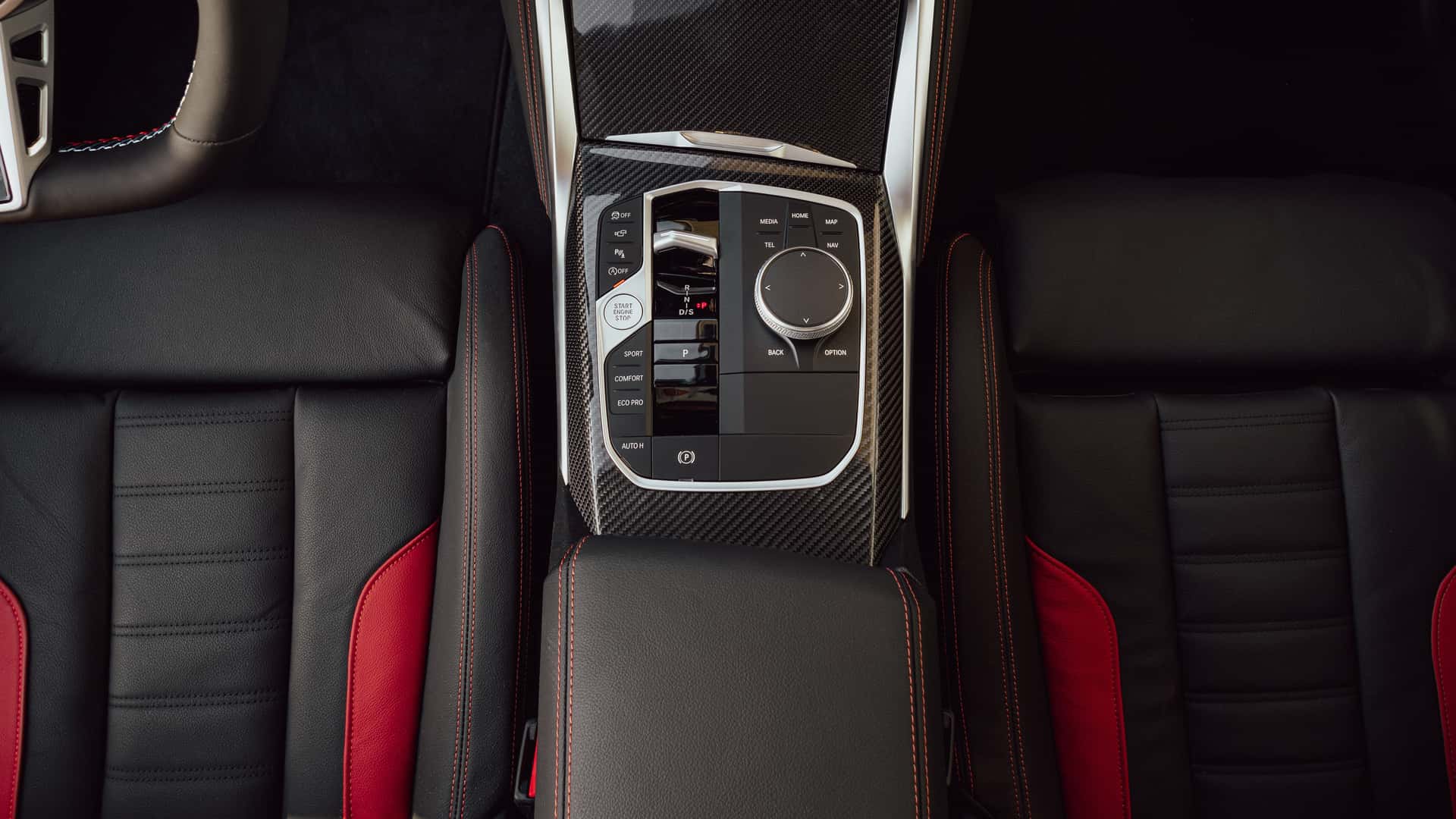
In addition to the inline six-cylinder engine, the 2 Series Coupé offers three four-cylinder petrol engines and a 2.0-litre diesel engine. The entry-level BMW 218i Coupé features a 156hp petrol engine, achieving 0 to 100km/h in 8.7 seconds. The BMW 220i Coupé with 184hp accelerates in 7.5 seconds, while the BMW 230i Coupé with 245hp does so in 5.9 seconds. The BMW 220d Coupé’s diesel engine, enhanced with 48-volt mild hybrid technology, generates 190hp and reaches 100km/h in 6.9 seconds.
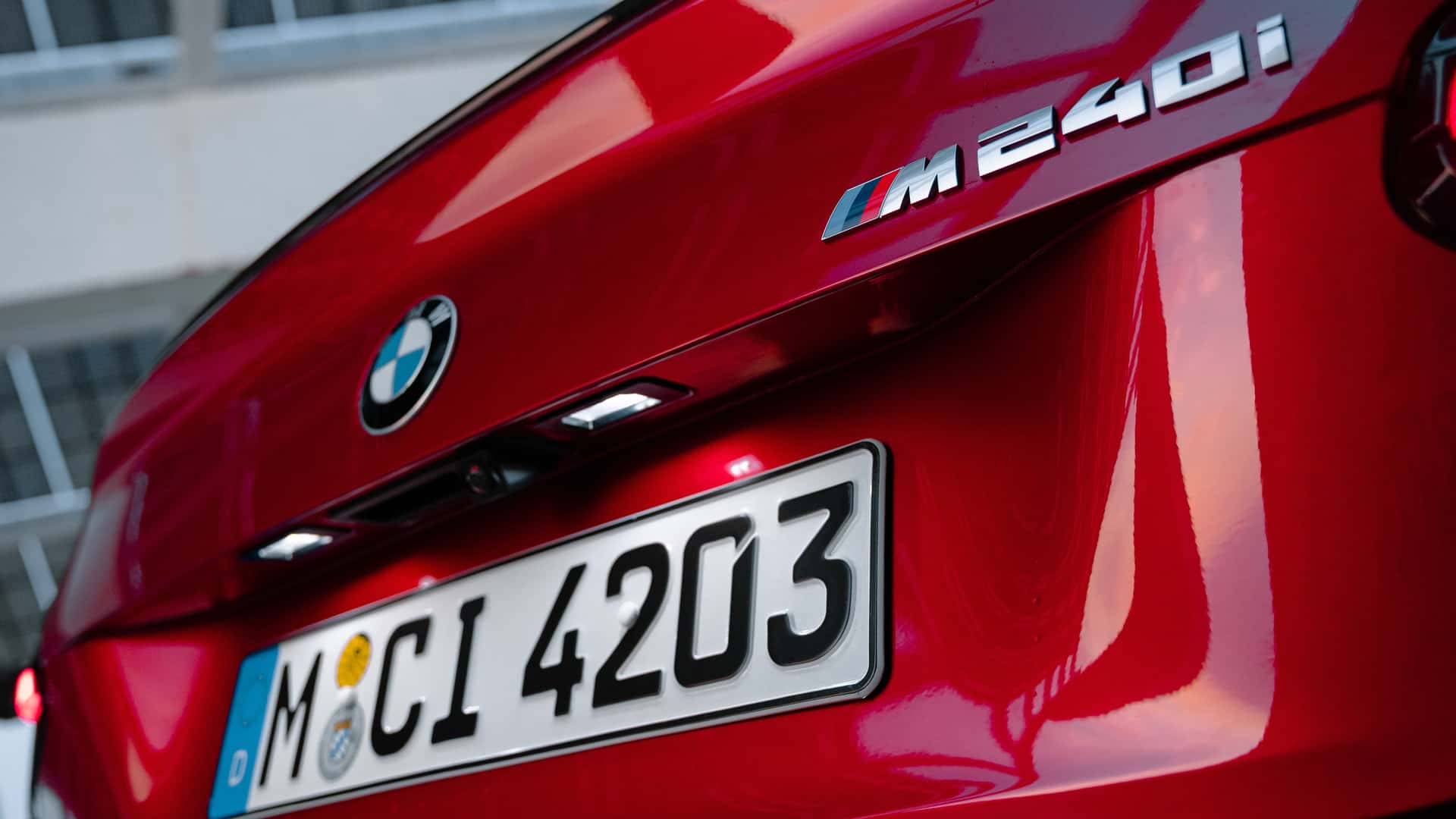
All engines come paired with an 8-speed Steptronic transmission, with the Sport transmission version available for the M240i xDrive, 230i, 220i, and 220d Coupés. This version, featuring enhanced shift dynamics and steering wheel-mounted shift paddles, is optional for the BMW 218i Coupé.
Design and Exterior Features
The new BMW 2 Series Coupé exhibits a distinctive front end with individual round headlamps, a horizontal BMW radiator grille, and a power dome on the long bonnet. The side view features athletically modelled surfaces, wide wheel arches, and a short luggage compartment lid ending in a striking air scoop. The M Sport Package, now standard, includes large air intakes, powerful side skirts, and a striking rear apron with vertical reflectors and a diffuser-like insert.
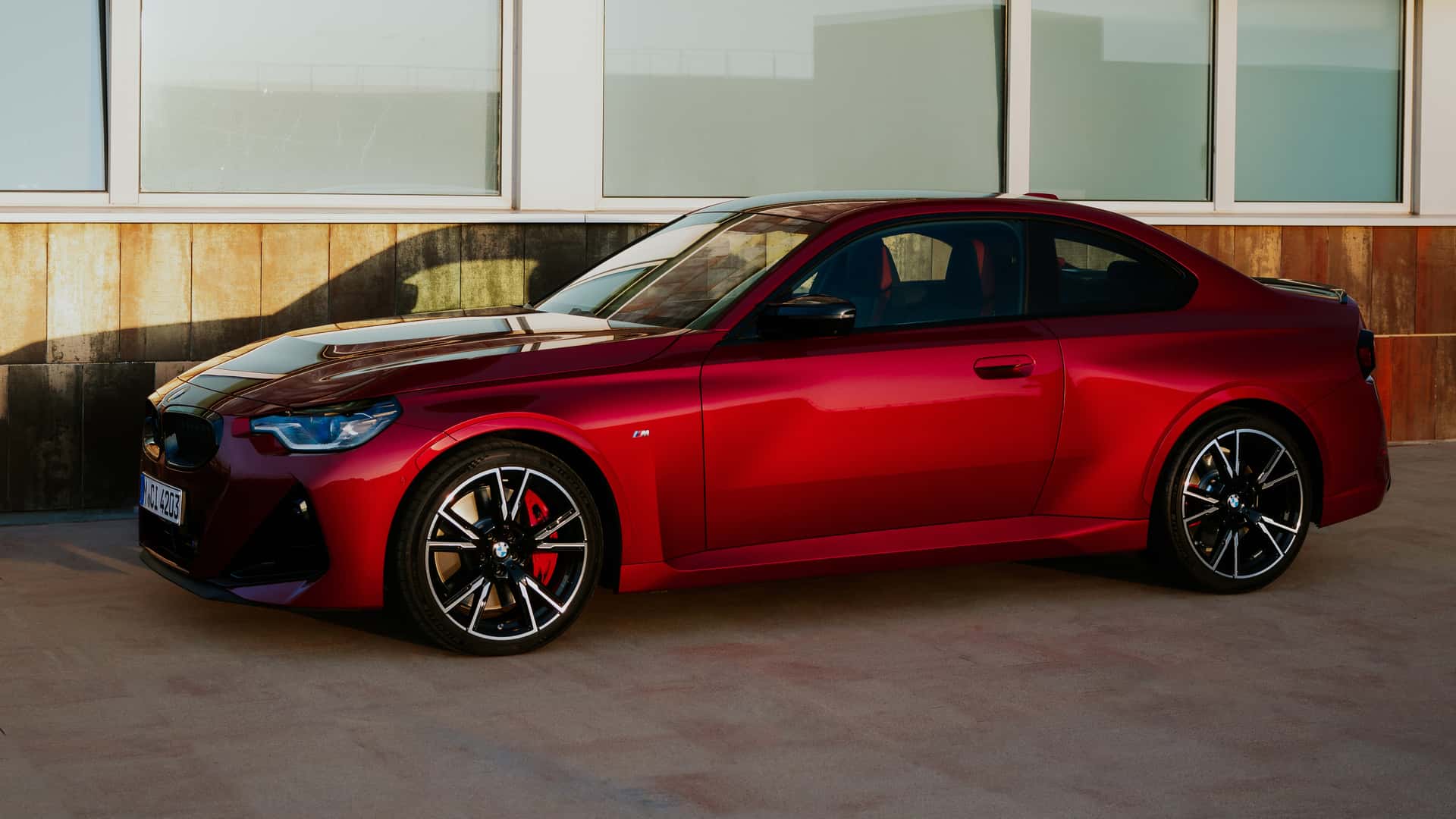
The BMW M240i xDrive Coupé boasts its own M-specific design features, optimising cooling air supply and aerodynamic balance. These include high-gloss black inserts for the side air intakes, a black spoiler lip on the front apron, a model-specific rear spoiler, and trapezoidal tailpipes. All models now come standard with M high-gloss Shadow Line, enhancing the car’s dynamic appearance.
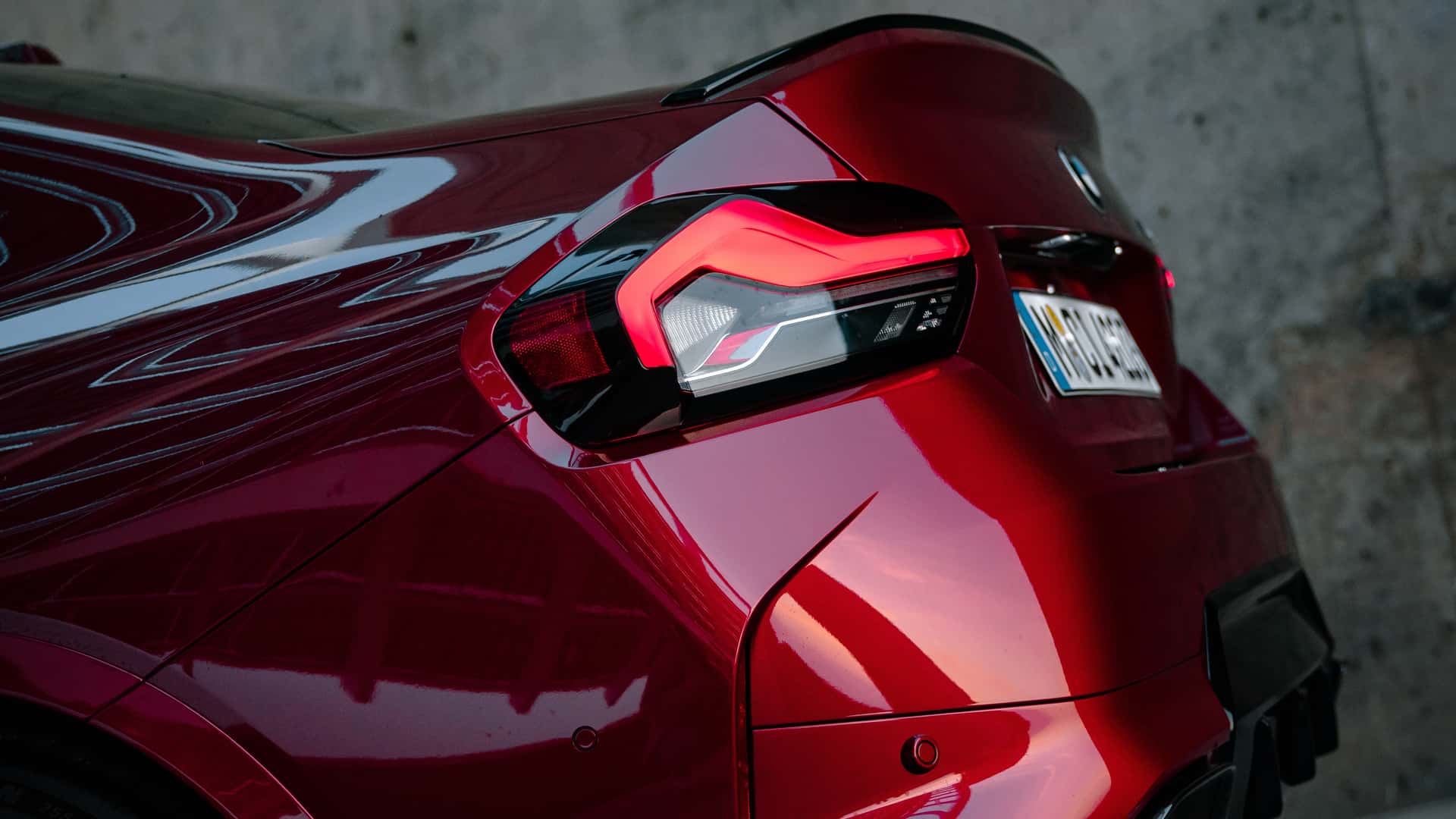
The available paint finishes for the new 2 Series Coupé include two solid colours, seven metallic colours, and two BMW Individual paint finishes – Frozen Pure Grey metallic and Frozen Portimao Blue metallic. Fire Red metallic and Skyscraper Grey metallic are now available for the two-door model, while Zandvoort Blue solid paint is exclusive to the BMW M240i xDrive Coupé.
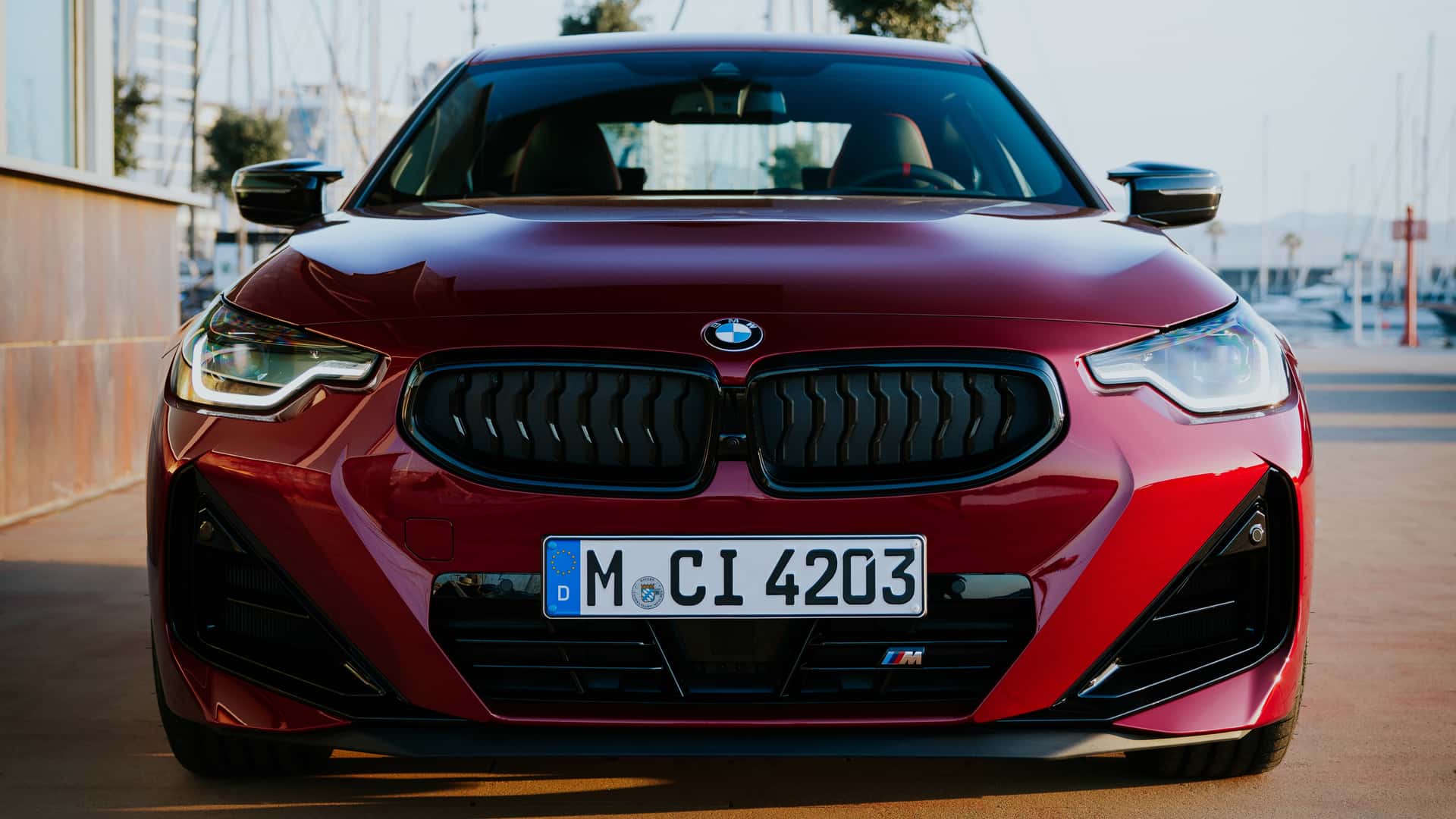
Interior and Technology
The interior of the new BMW 2 Series Coupé offers a premium ambiance for an intense four-seater driving experience. The high centre console, blended instrument panel, and door panels create an enveloping feeling of space, further enhanced by the anthracite-coloured headlining included in the M Sport Package.
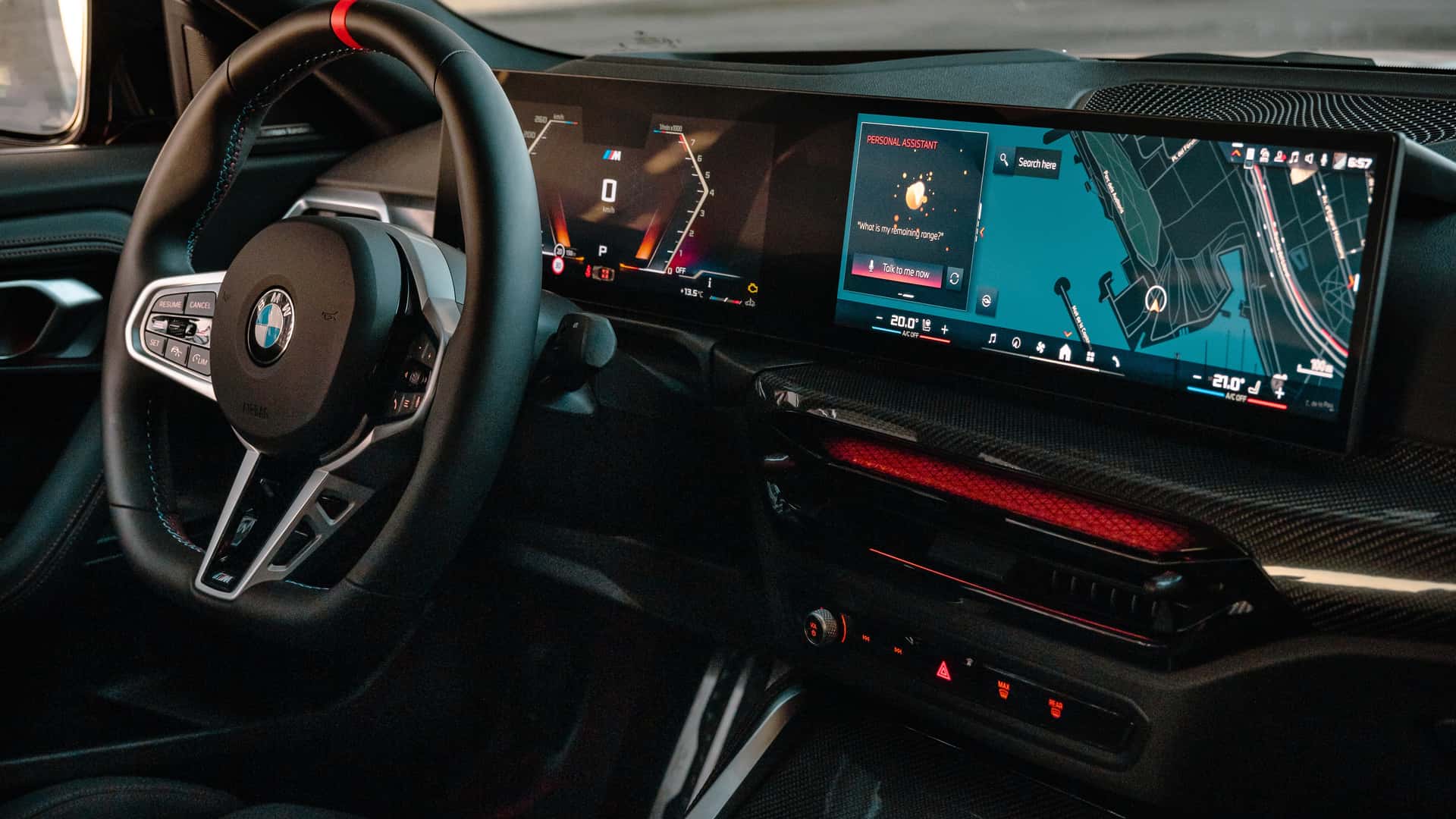
Digitalisation is a key focus, with the BMW Curved Display playing a central role in the vehicle’s operation. This fully digital display system comprises a 12.3-inch Information Display and a 14.9-inch Control Display, running on the BMW Operating System 8.5. This system supports the latest BMW iDrive with QuickSelect, allowing for intuitive operation via touch or voice command through the BMW Intelligent Personal Assistant.
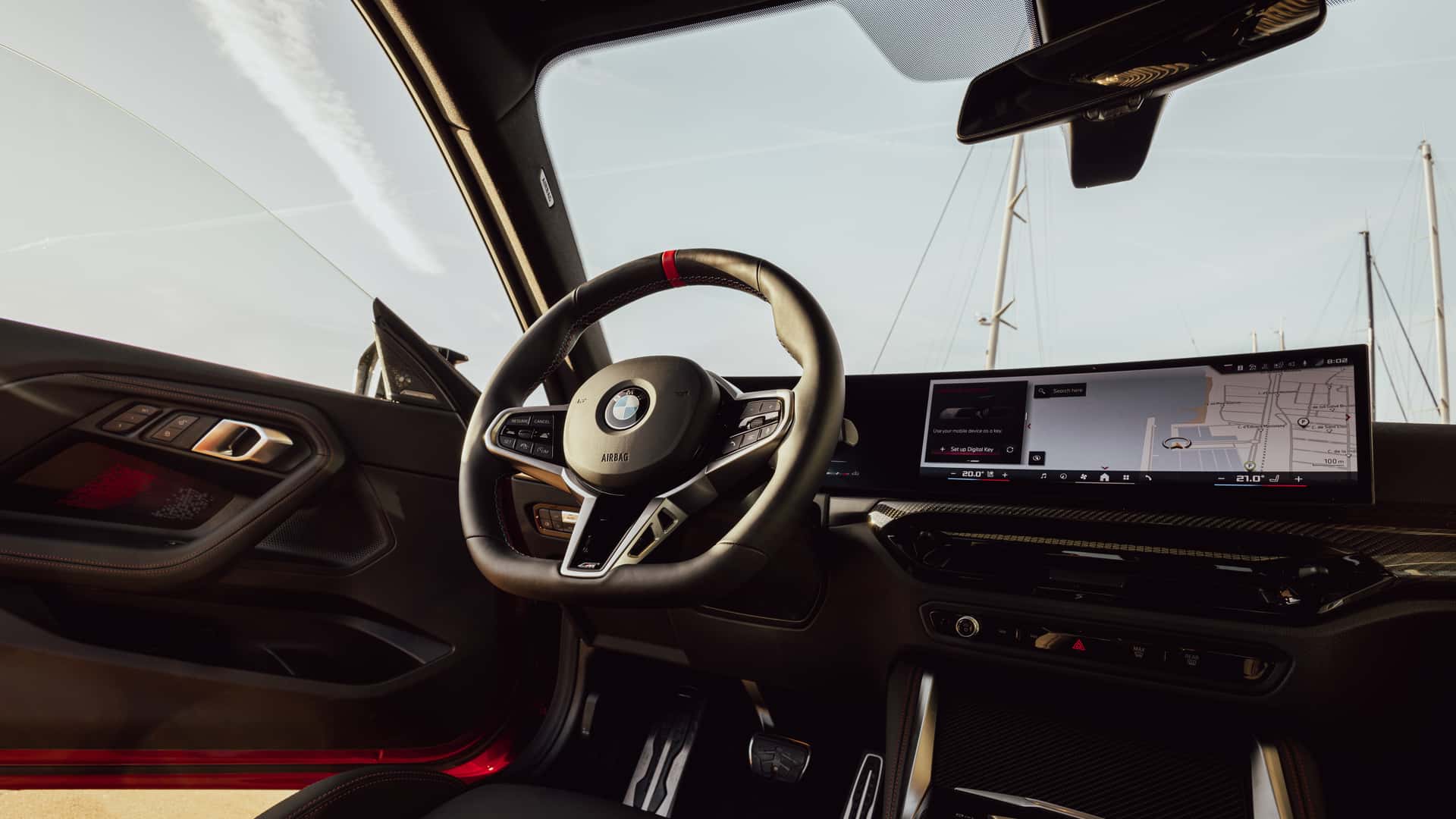
Standard ambient lighting includes new waterfall lighting integrated into the central air vents, with adjustable color and brightness settings. The system also features atmospheric welcome and goodbye animations, including a carpet of light in the entrance area and light signals for incoming calls and open doors.
Enhanced Standard Equipment
Beyond the M Sport Package contents, the new BMW 2 Series Coupé includes a wide range of additional standard features to enhance driving pleasure. These include heated front seats, an exterior mirror package, and an alarm system. The BMW M240i xDrive Coupé also comes with sun protection glazing as standard.
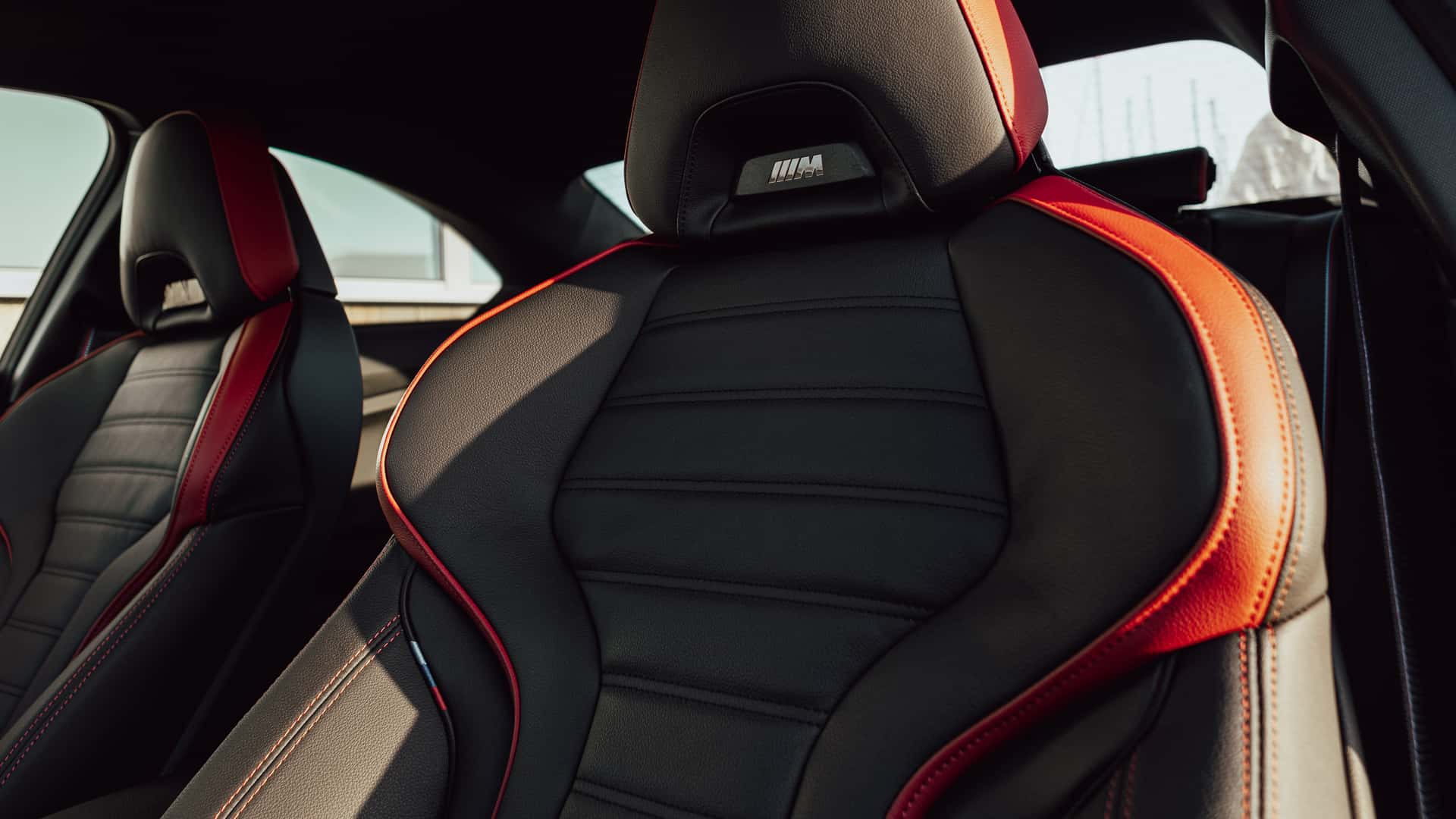
With these updates, the new BMW 2 Series Coupé reaffirms its position as a unique and compelling choice in the compact segment, offering a blend of performance, design, and cutting-edge technology.




